Its probably slightly cringey to brag about something like this but considering that Im merely an RMN (Mental Health Nurse) and a lad who grew up on a Wigan council estate I think Im entitled to be proud that Im named in the acknowledgements section of Ed West’s new book.
Im gonna finish re-reading ‘Straw Dogs’ by John Gray first (shouldn& #39;t take me long) and then Im gonna get stuck into Ed’s new book and do a thread about it here. An Ed-thread, as it were.
You can listen to Ed talking about the book here https://www.theoldie.co.uk/podcasts/ed-west-all-conservatives-are-pessimists">https://www.theoldie.co.uk/podcasts/...
The introductory chapter to the book is basically the same as his recent UnHerd article. His thesis is that modern-day conservatives are analogous to recusant Catholics in the 16thC with the cultural revolution of the 1960s standing in for the Reformation
https://unherd.com/2020/03/why-conservatism-is-doomed/">https://unherd.com/2020/03/w...
https://unherd.com/2020/03/why-conservatism-is-doomed/">https://unherd.com/2020/03/w...
Ch1. 1989. Ed writes in a breezy, conversational style as if he is relaying these events to you in the pub. Its Nick Hornby-esque but he’s talking about politics rather than football or music. Like a conservative John O’Farrell.
In Ch1 we are introduced to Ed’s conservative parents (Ed’s late father sounds like he was quite the character) as Ed muses on the roots of his own instinctive conservatism. The chapter ends with the fall of the Berlin wall when Ed is 11.
Ch2. Ed continues the theme of the intro. A sort of conservative Gramscianism really. Progressives are socially/culturally hegemonic, conservatives pushed to the margins, etc. Then he starts to explore the role of pessimism in conservative thought, dating it back to St Augustine.
Ch3. We move on to a discussion of Hobbes, presented as the Ur-conservative. From there, we move on to Rousseau, presented as the Ur-progressive. His baleful influence on modern-day progressive teaching methods provides a jumping-off point for Ed to discuss his own schooling.
Ch4. Ed puts on his popular historian hat as we are treated to a whistle-stop guided tour of proto-conservative thought from the 16thC through to the beginning of the 19th. Stops along the way inc the reformation, the  https://abs.twimg.com/emoji/v2/... draggable="false" alt="🏴" title="Flag of England" aria-label="Emoji: Flag of England">civil war, the
https://abs.twimg.com/emoji/v2/... draggable="false" alt="🏴" title="Flag of England" aria-label="Emoji: Flag of England">civil war, the  https://abs.twimg.com/emoji/v2/... draggable="false" alt="🇺🇸" title="Flag of United States" aria-label="Emoji: Flag of United States"> war of independence & the
https://abs.twimg.com/emoji/v2/... draggable="false" alt="🇺🇸" title="Flag of United States" aria-label="Emoji: Flag of United States"> war of independence & the  https://abs.twimg.com/emoji/v2/... draggable="false" alt="🇫🇷" title="Flag of France" aria-label="Emoji: Flag of France"> revolution.
https://abs.twimg.com/emoji/v2/... draggable="false" alt="🇫🇷" title="Flag of France" aria-label="Emoji: Flag of France"> revolution.
Ch5. Ed starts to dive deeper into what the philosophy of conservatism actually is in this chapter. Largely, but not solely, via the use of Edmund Burke and Thomas Paine as proxies of conservatism and progressivism respectively. He manages to condense a lot into this one chapter.
Ch6. Ed returns to a more memoir-ish style as he discusses his father’s reactionary idiosyncrasies whilst weaving in reflections upon, amongst other things, the Daily Mail, Thatcherism and, finally, John Major’s ‘back to basics’ campaign.
Ch7. Ed uses this chapter to talk primarily about far-right thought since the French revolution. He also talks about the ‘asymmetry of indulgence,’ i.e how the far-left is treated differently to the far-right and how the far-right have given the whole of the right a bad name.
Ch8. A discussion of the enduring influence/legacy of the Frankfurt school and then a Haidtian-inflected deep dive into a number of fascinating studies about how personality traits we are born with influence our propensity to be conservative or liberal/progressive.
Ch9. Ed looks at issues pertaining to crime and law/order, specifically the different ways liberals and conservatives approach them. Ch10. A bit of a discussion about Gramsci and then we move on to 1968 and the Soixante-huitards.
Ch11. The growth of University education participation and the spread of its influence over culture & society. Ch12. Interesting chapter on political correctness. Ch13. New Labour. Ch14. Continues his conservative Gramscianism theme. The left better at myth-making & story-telling
Ch15. A theme he continues into the next chapter. ‘You cannot in politics unless you win culture’ he writes. Chapter starts with Harry Potter and ends with the BBC. Ch16. Discusses Conquest’s laws, extends the discussion into civil society & left-lib dominance of the 3rd sector.
He also talks about libertarianism in Ch16. Chapter 17 is much more personal as Ed talks about his career including his time at the Catholic Herald. From there Ed spends the rest of the chapter talking about the decline of religious influence and the ramifications of this.
Ch21. More of Ed West’s blend of Nick Hornby-esque, memoir-ish, comedic observations/reflections combined with an analysis of encroaching progressive cultural hegemony with a particular focus on children’s literature.
Ch22. In ‘things which you love to see’ West sticks his knife into the carcass of the Cameron/Osborne iteration of Toryism

 Read on Twitter
Read on Twitter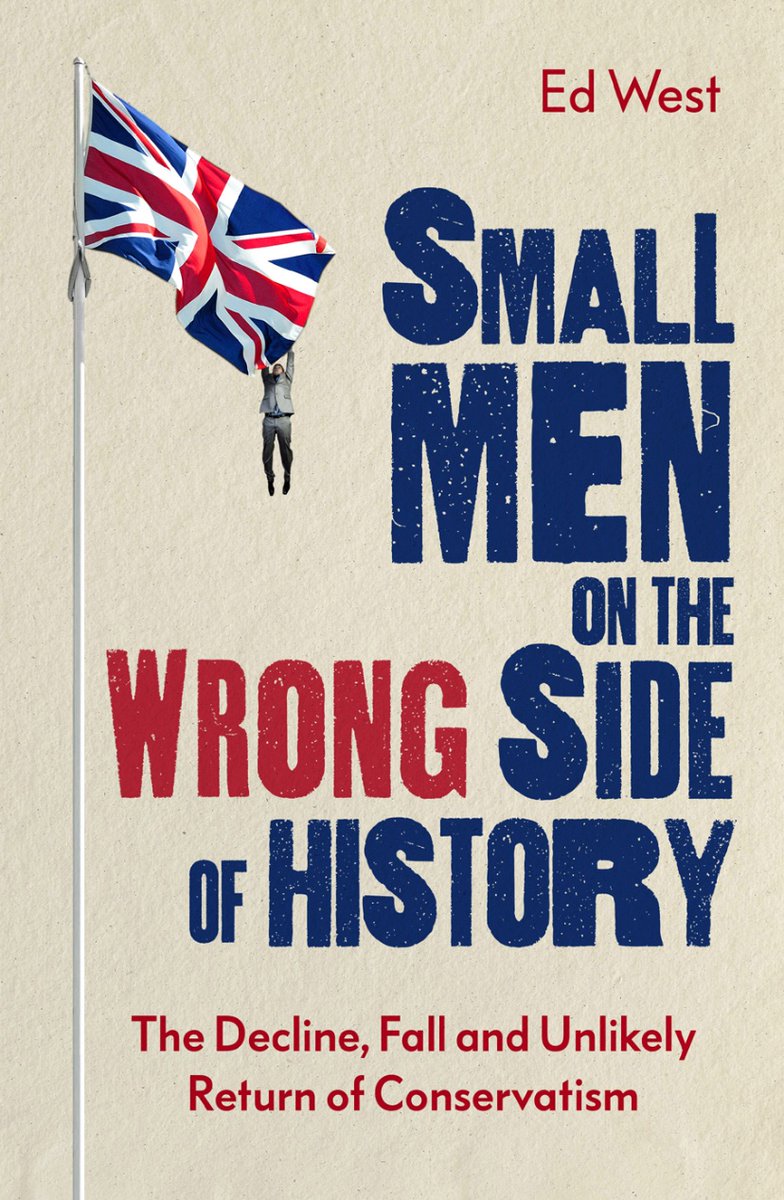
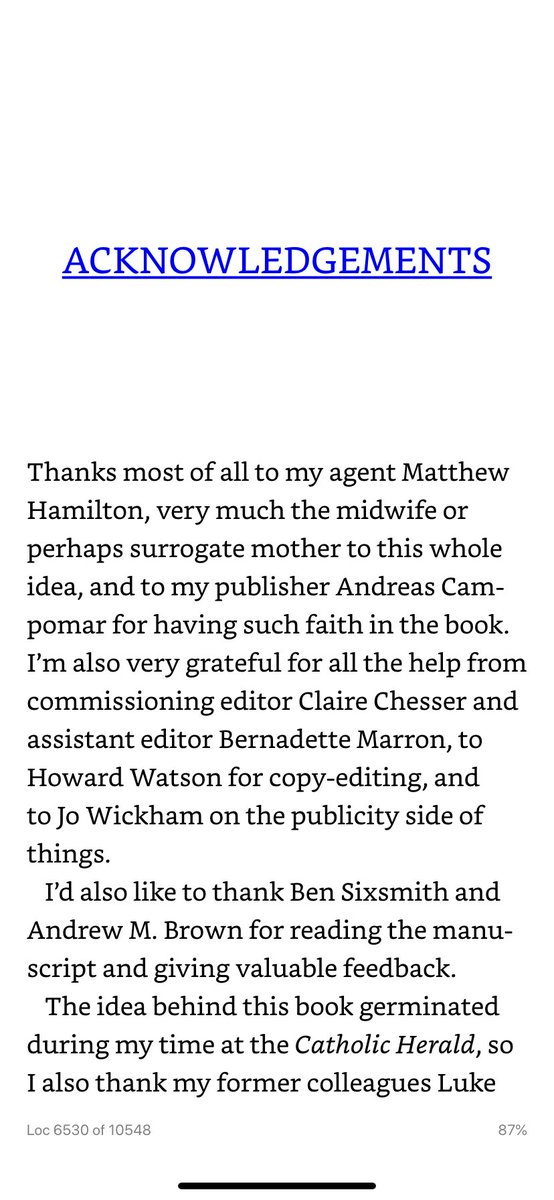
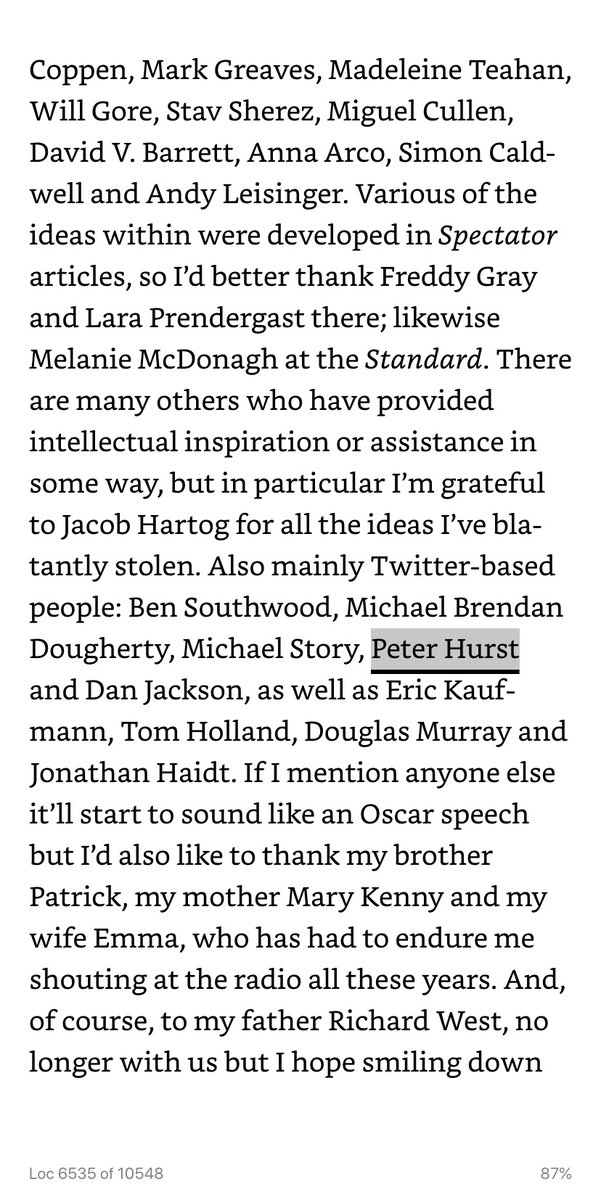
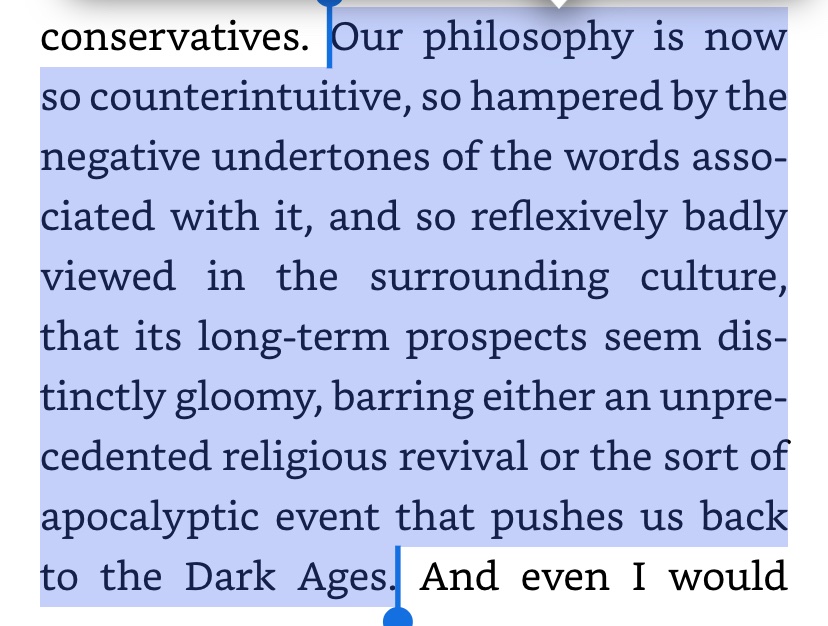

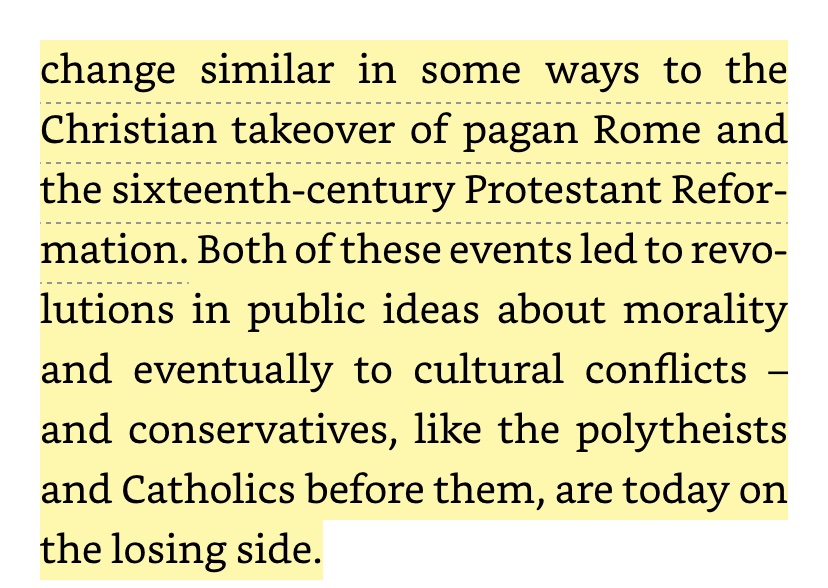

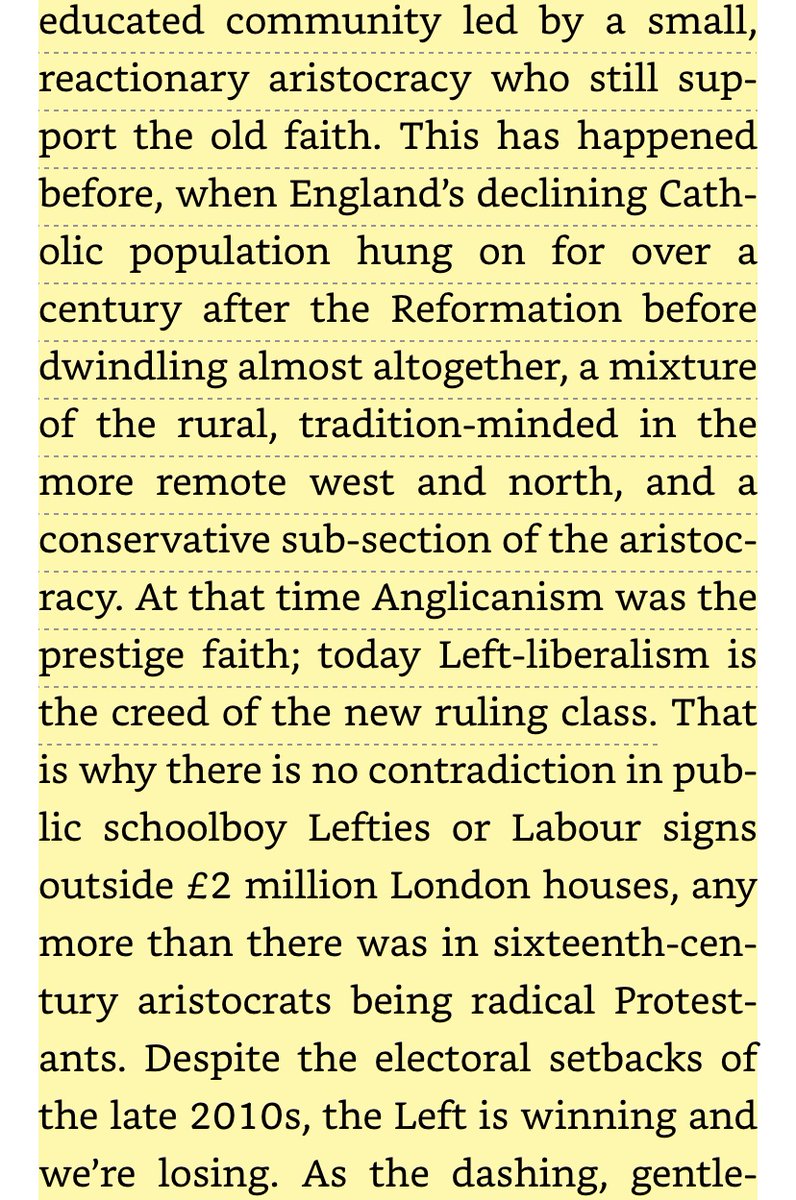
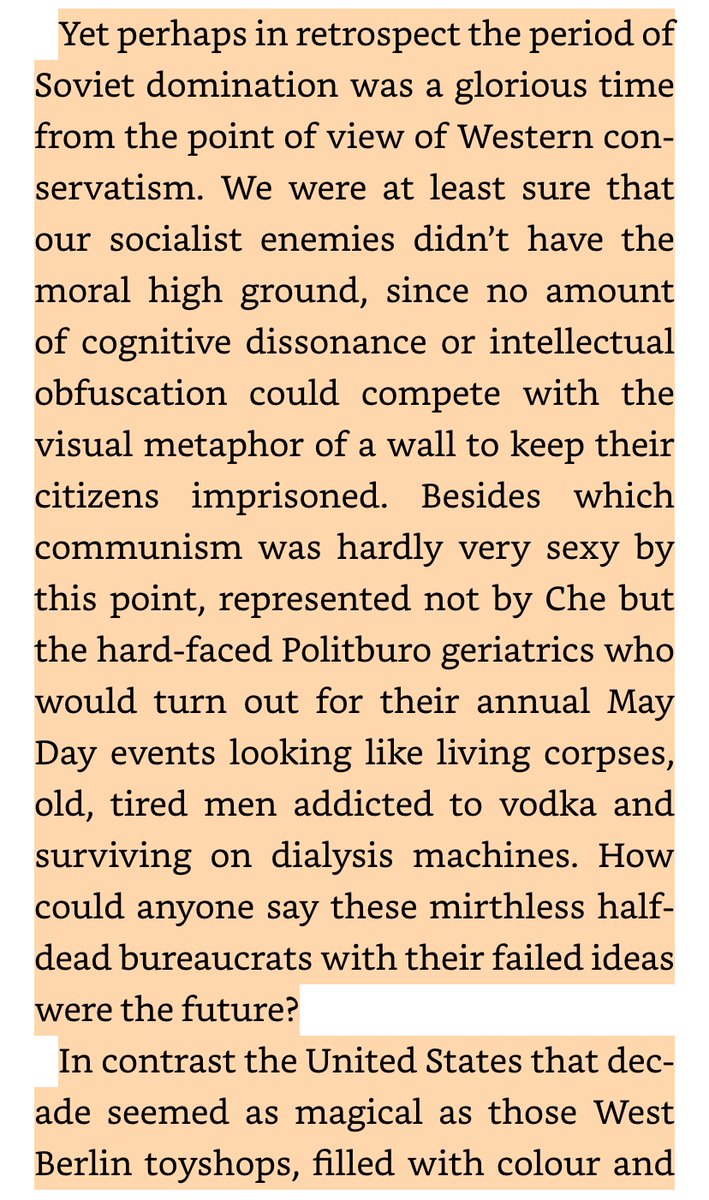
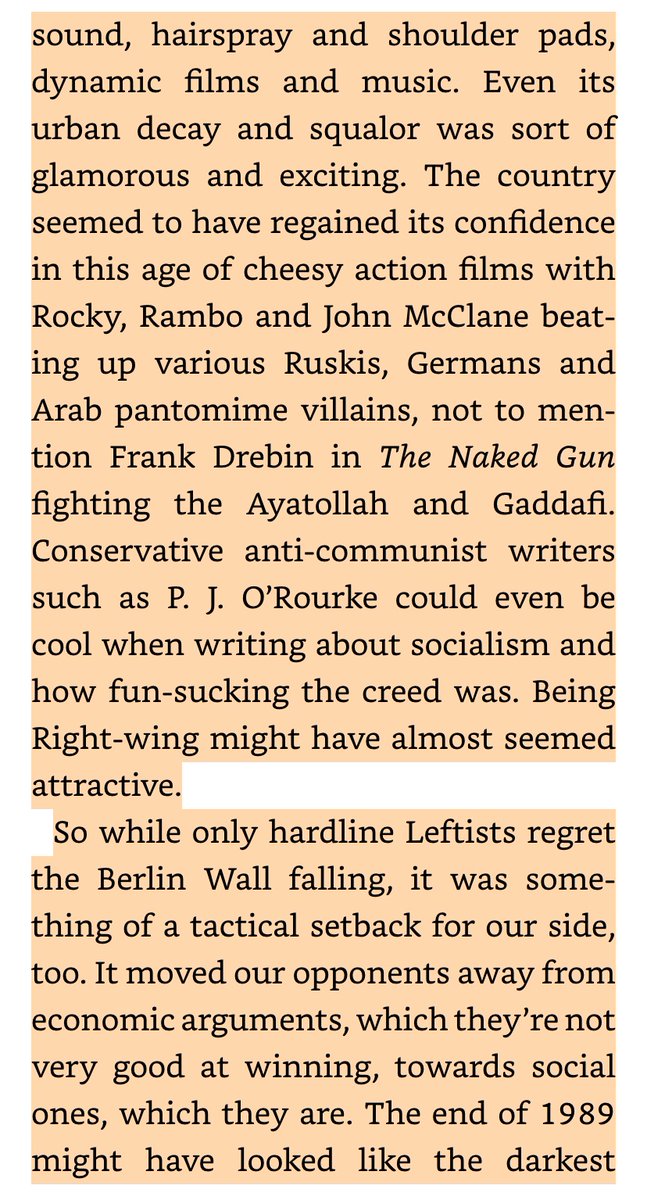
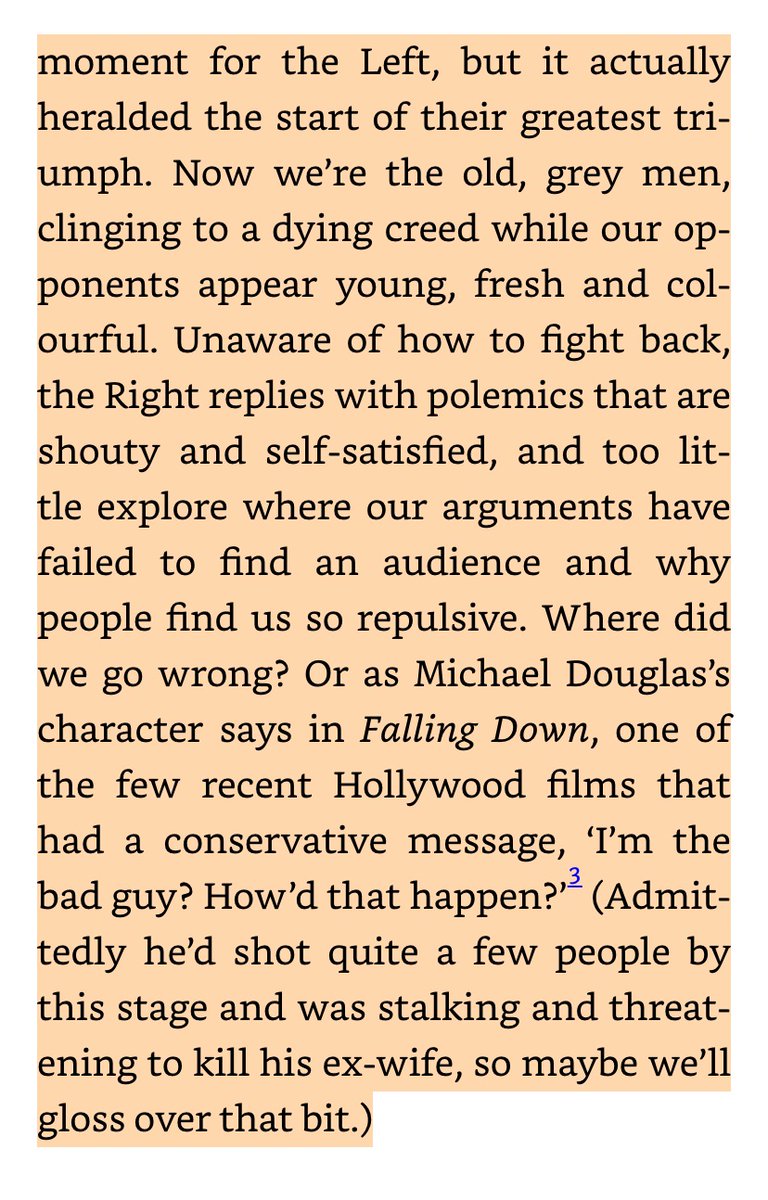
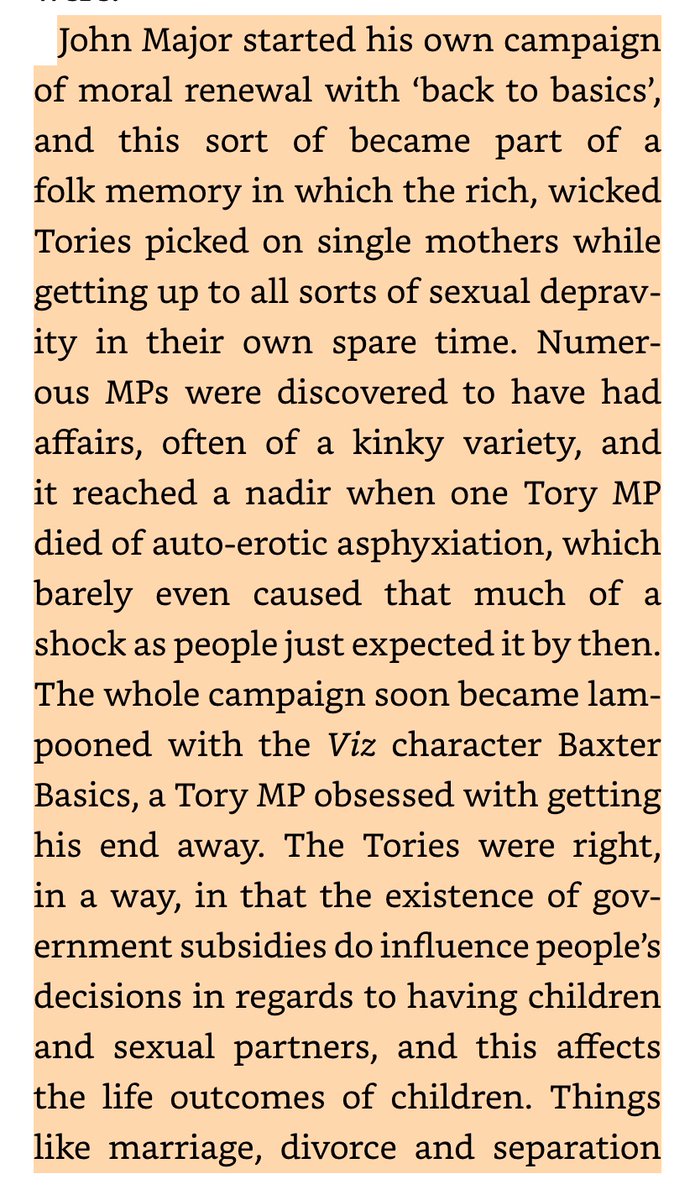
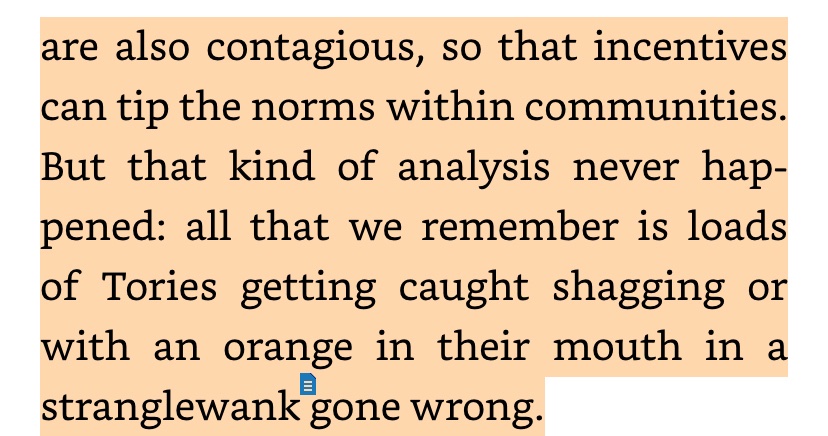

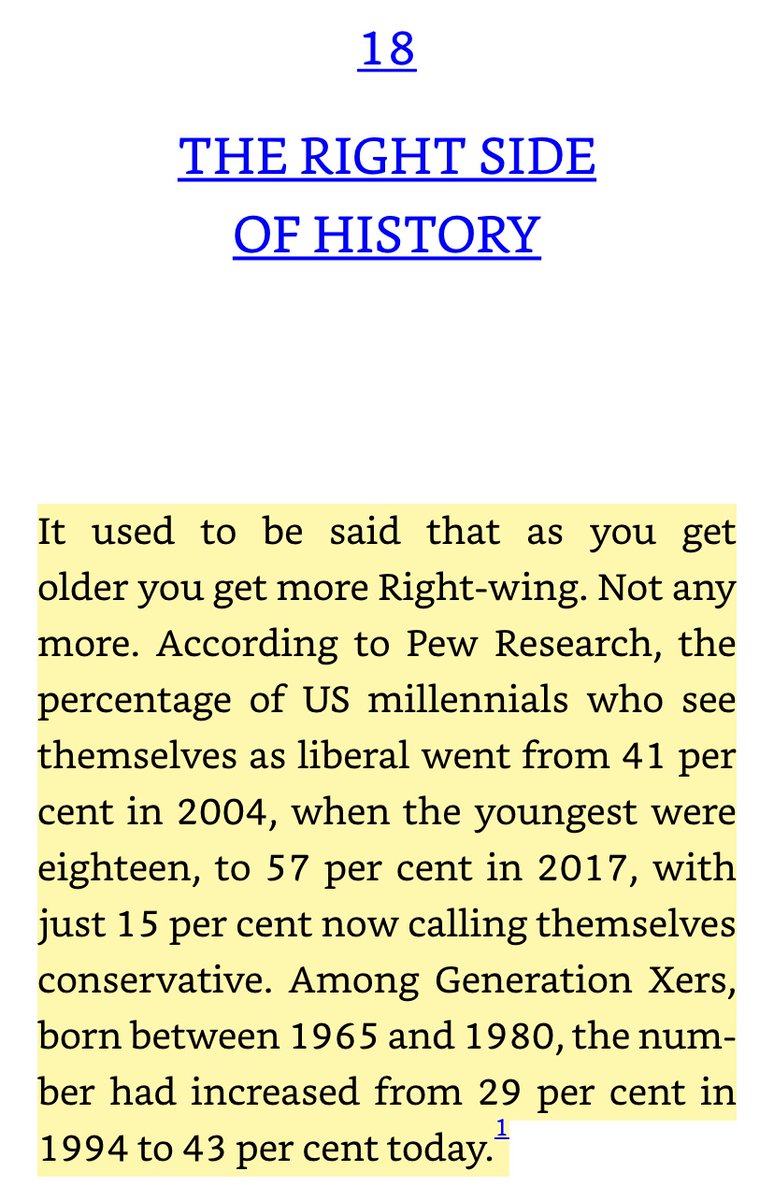
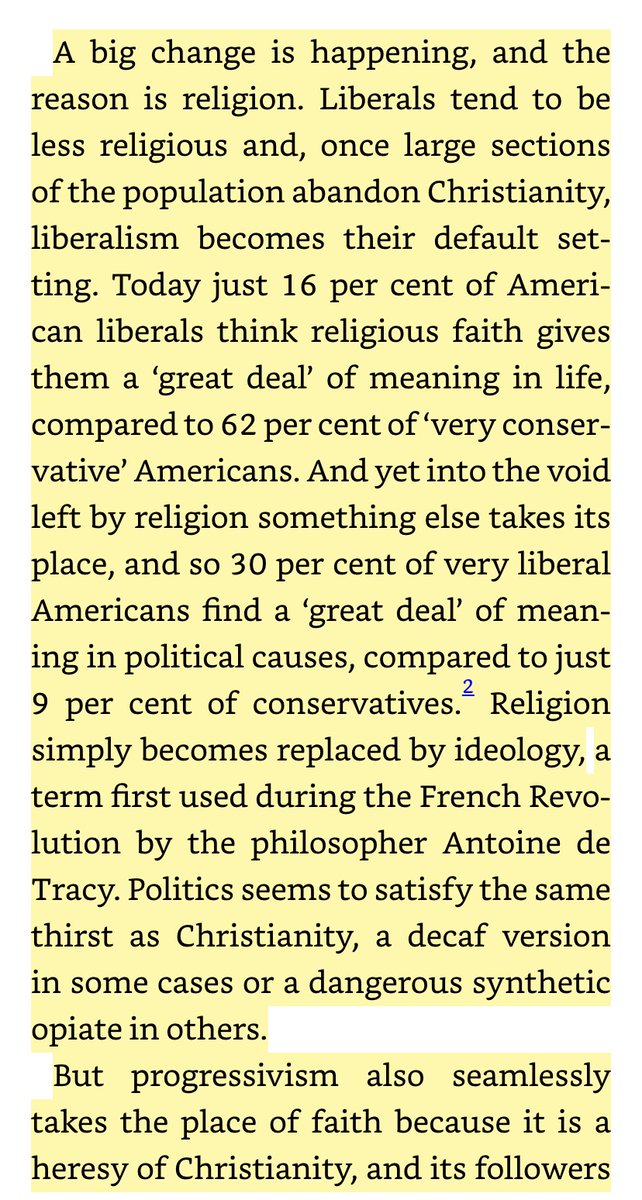
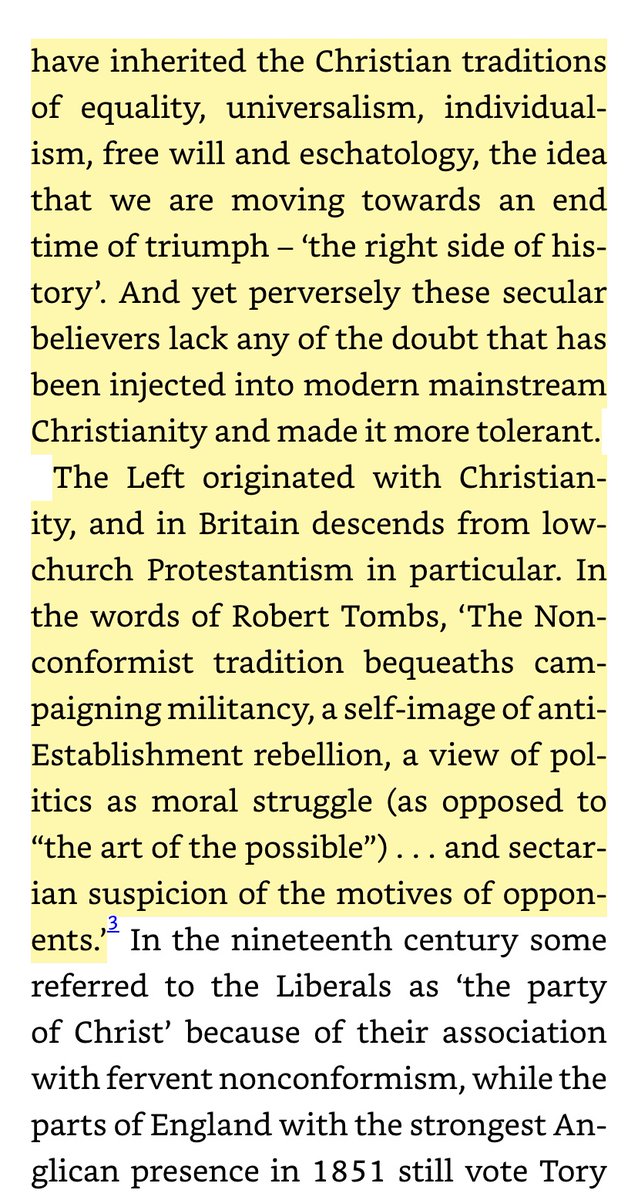
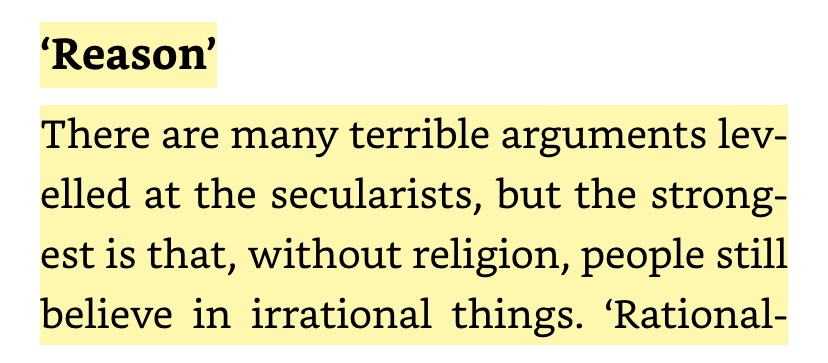
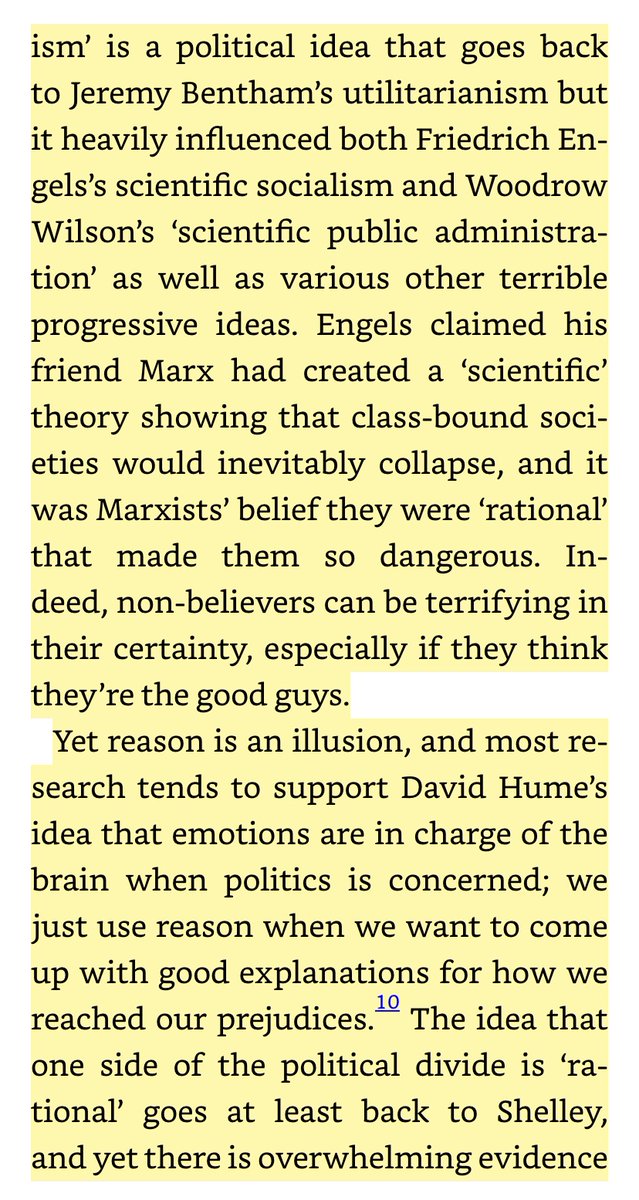
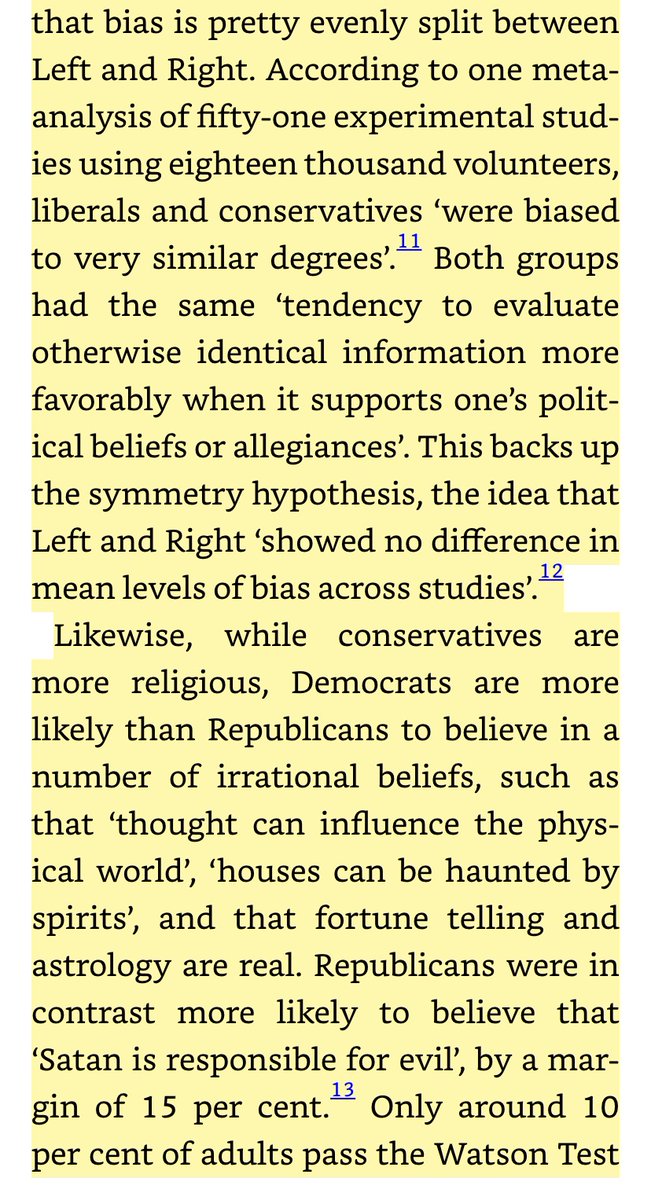
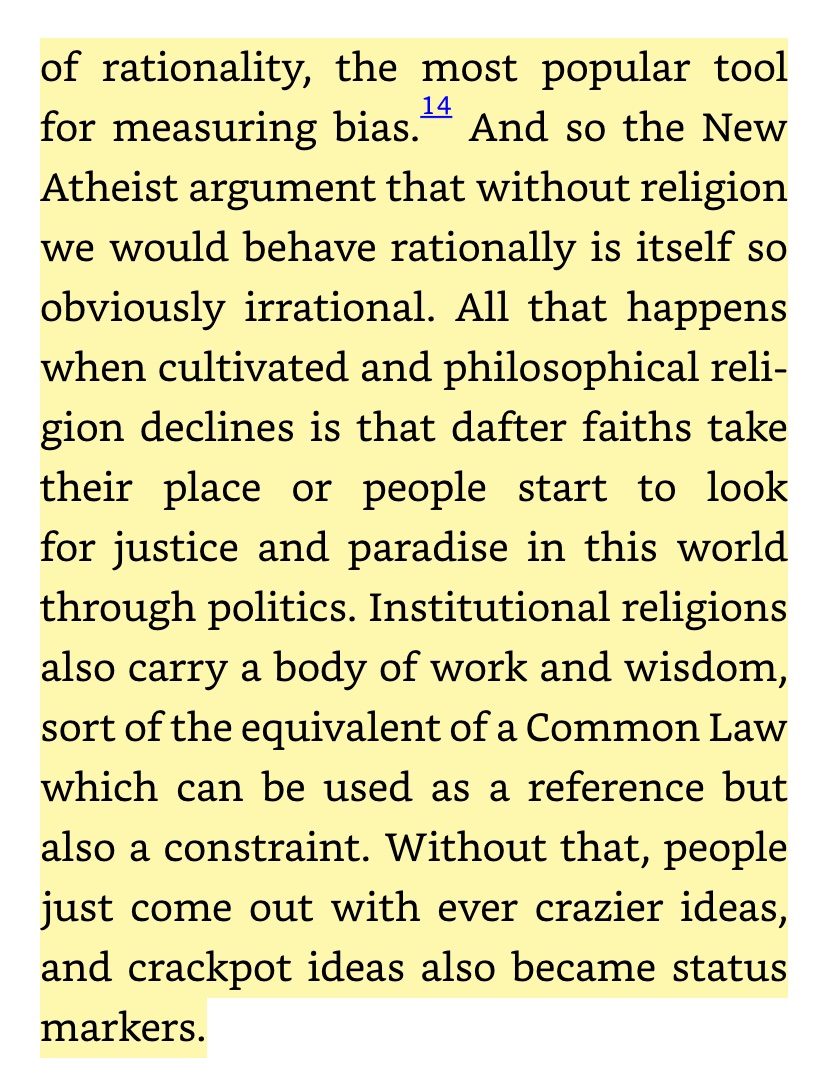
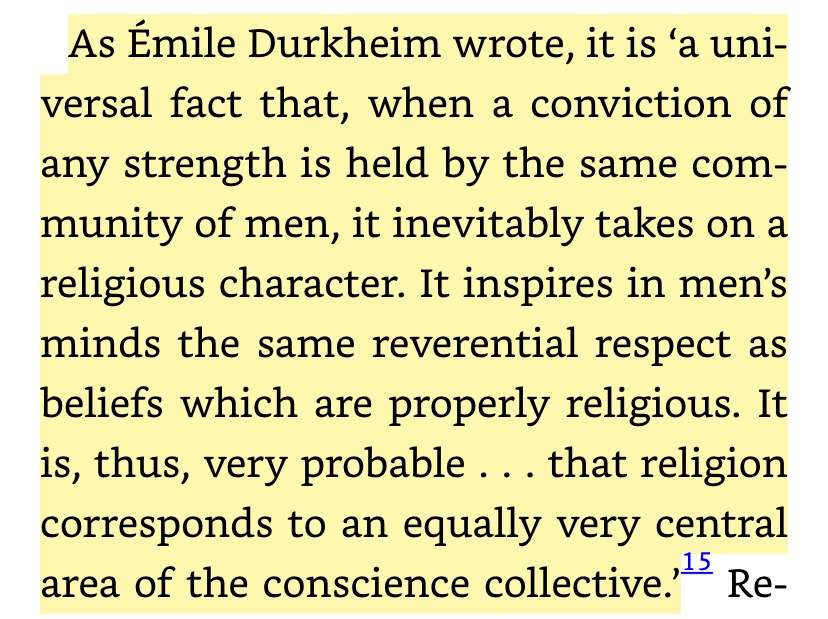 " title="https://abs.twimg.com/emoji/v2/... draggable="false" alt="😂" title="Face with tears of joy" aria-label="Emoji: Face with tears of joy">">
" title="https://abs.twimg.com/emoji/v2/... draggable="false" alt="😂" title="Face with tears of joy" aria-label="Emoji: Face with tears of joy">">
 " title="https://abs.twimg.com/emoji/v2/... draggable="false" alt="😂" title="Face with tears of joy" aria-label="Emoji: Face with tears of joy">">
" title="https://abs.twimg.com/emoji/v2/... draggable="false" alt="😂" title="Face with tears of joy" aria-label="Emoji: Face with tears of joy">">
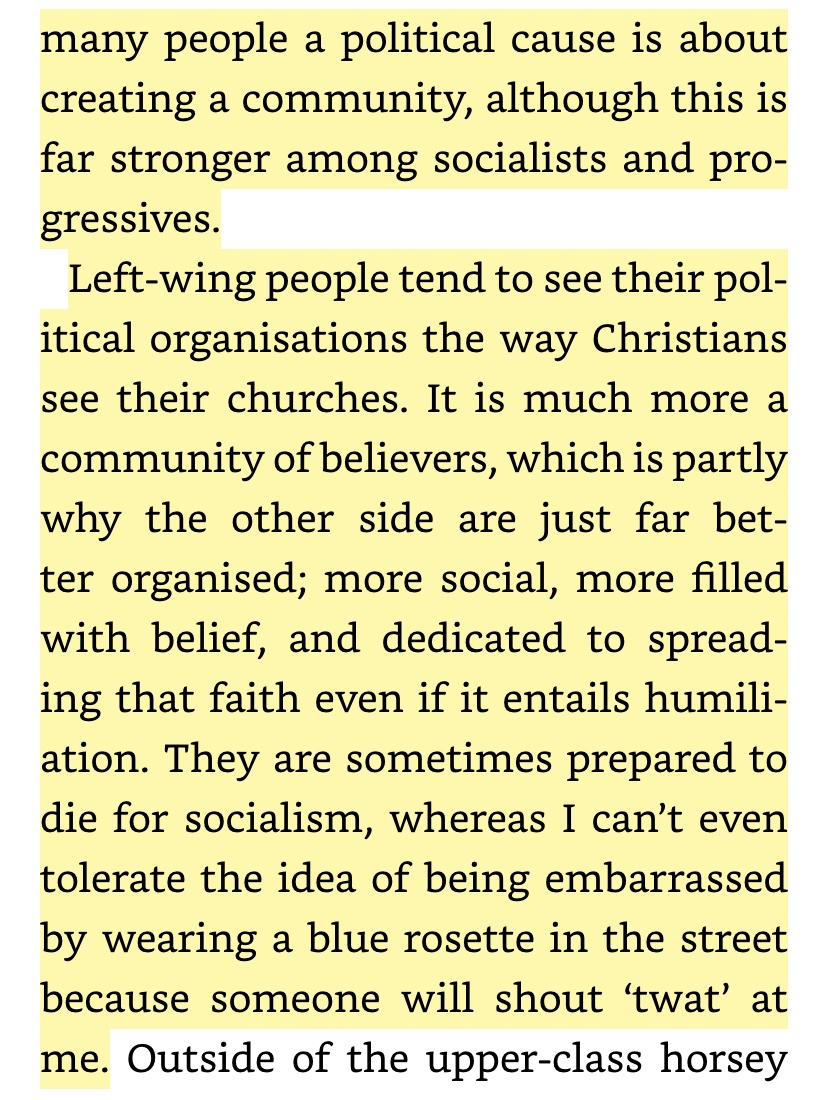 " title="https://abs.twimg.com/emoji/v2/... draggable="false" alt="😂" title="Face with tears of joy" aria-label="Emoji: Face with tears of joy">">
" title="https://abs.twimg.com/emoji/v2/... draggable="false" alt="😂" title="Face with tears of joy" aria-label="Emoji: Face with tears of joy">">
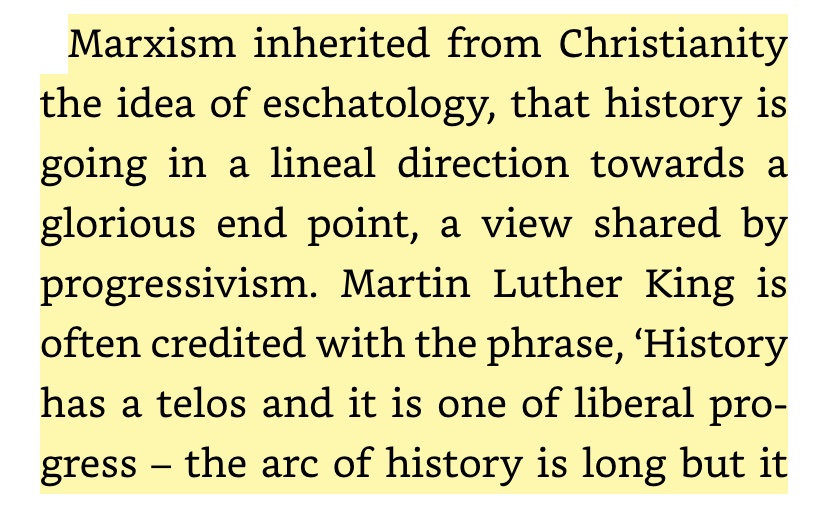


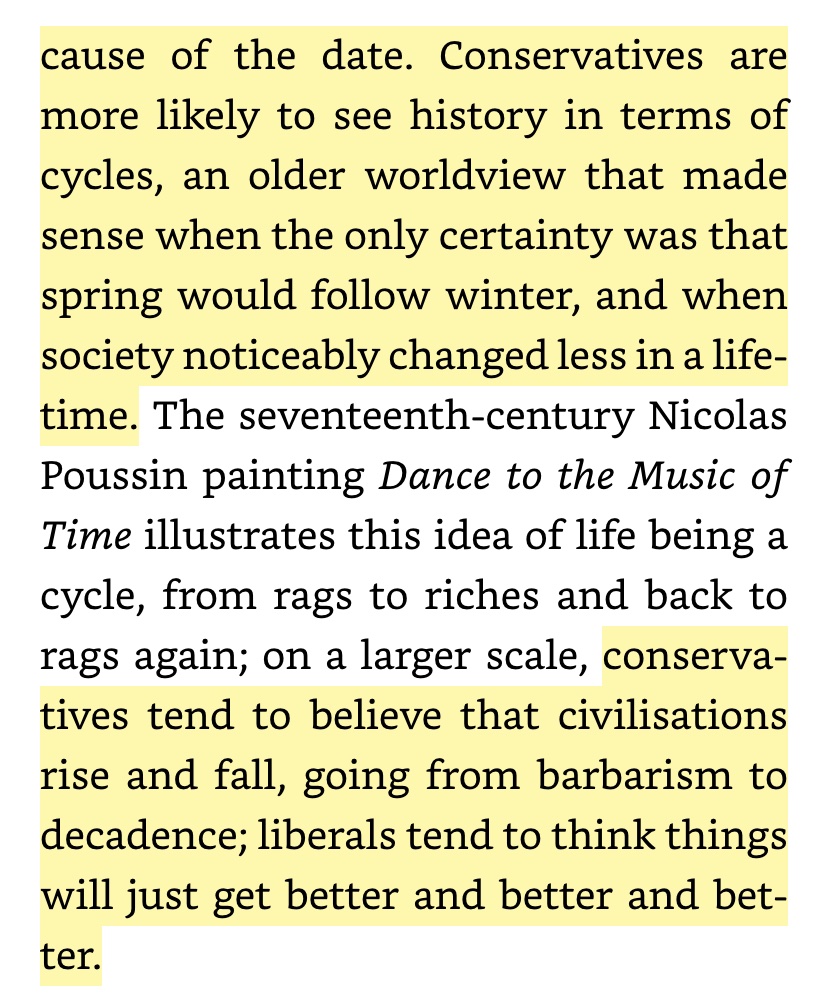
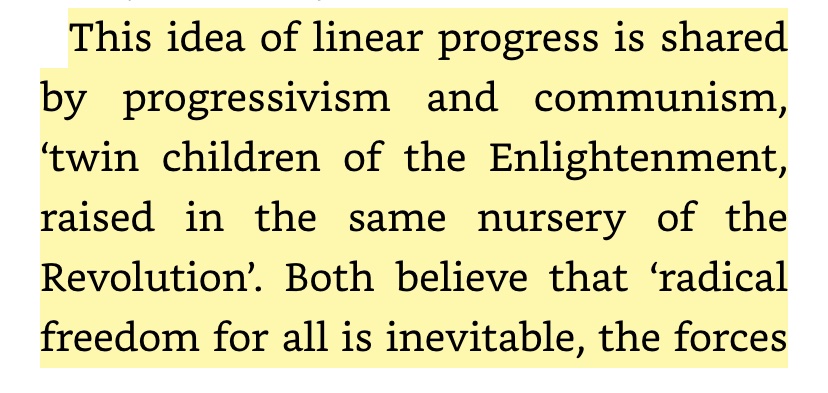
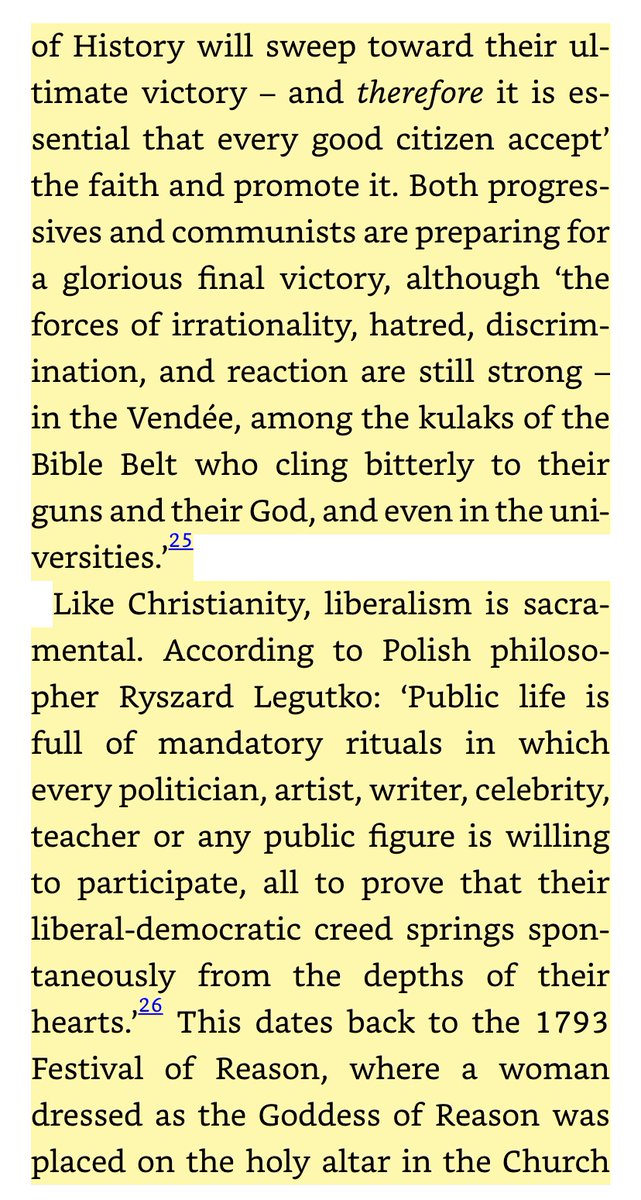
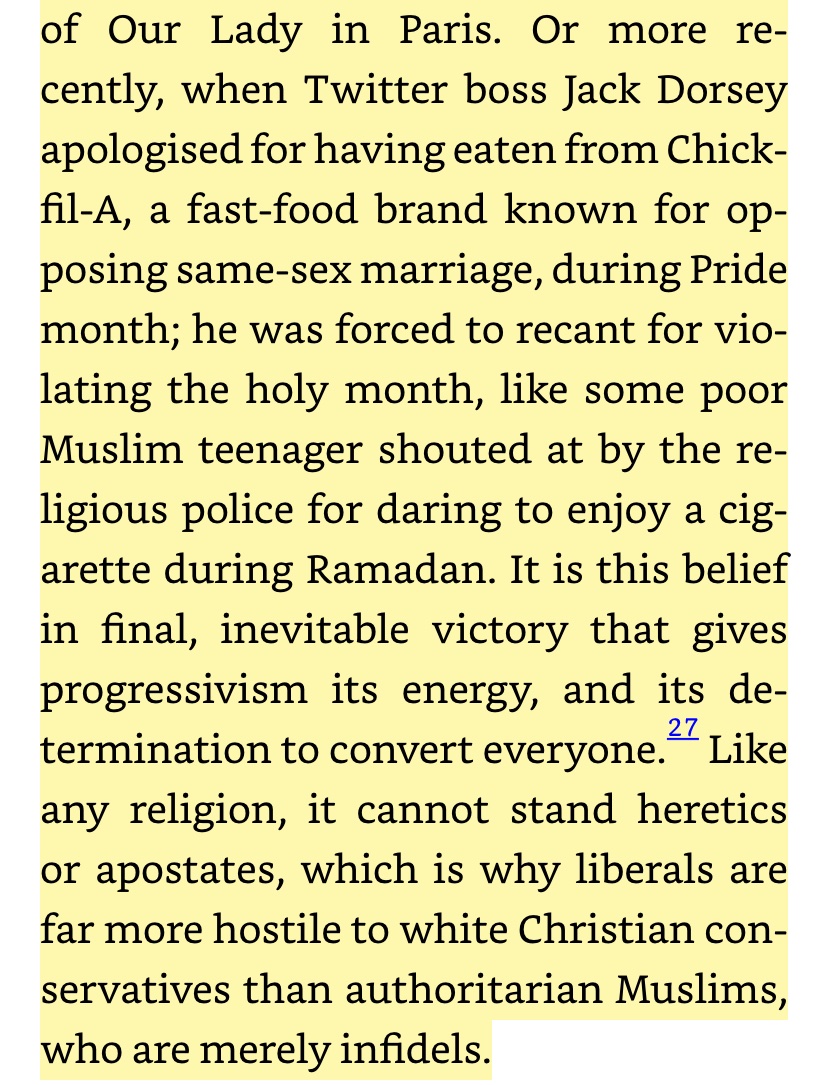
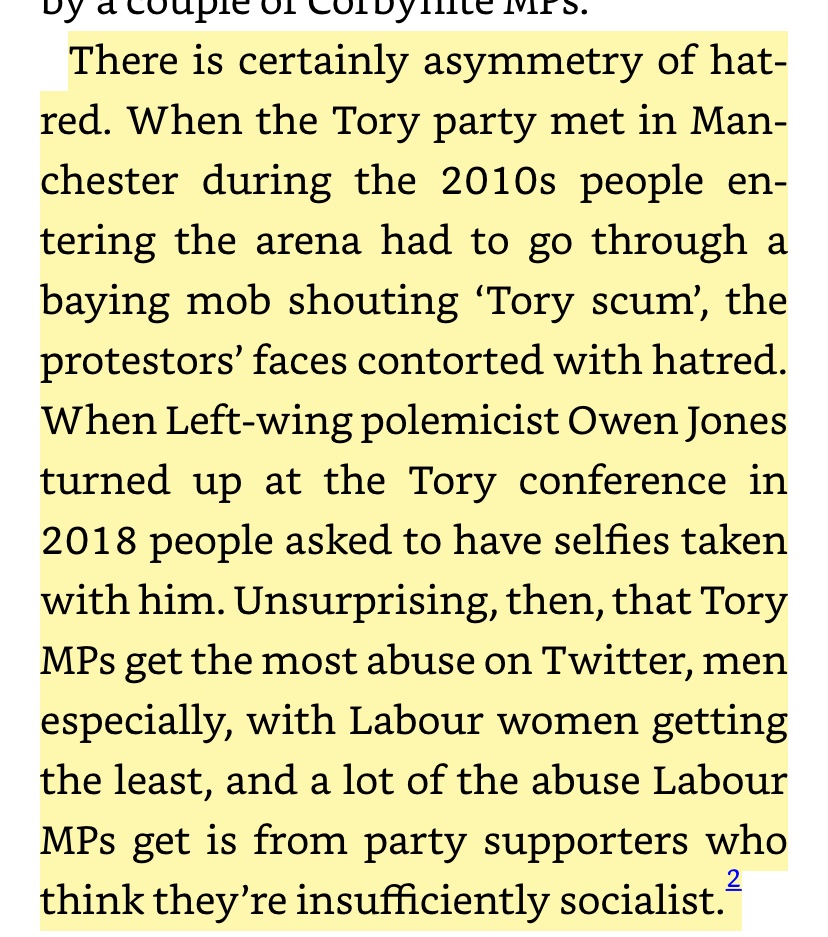

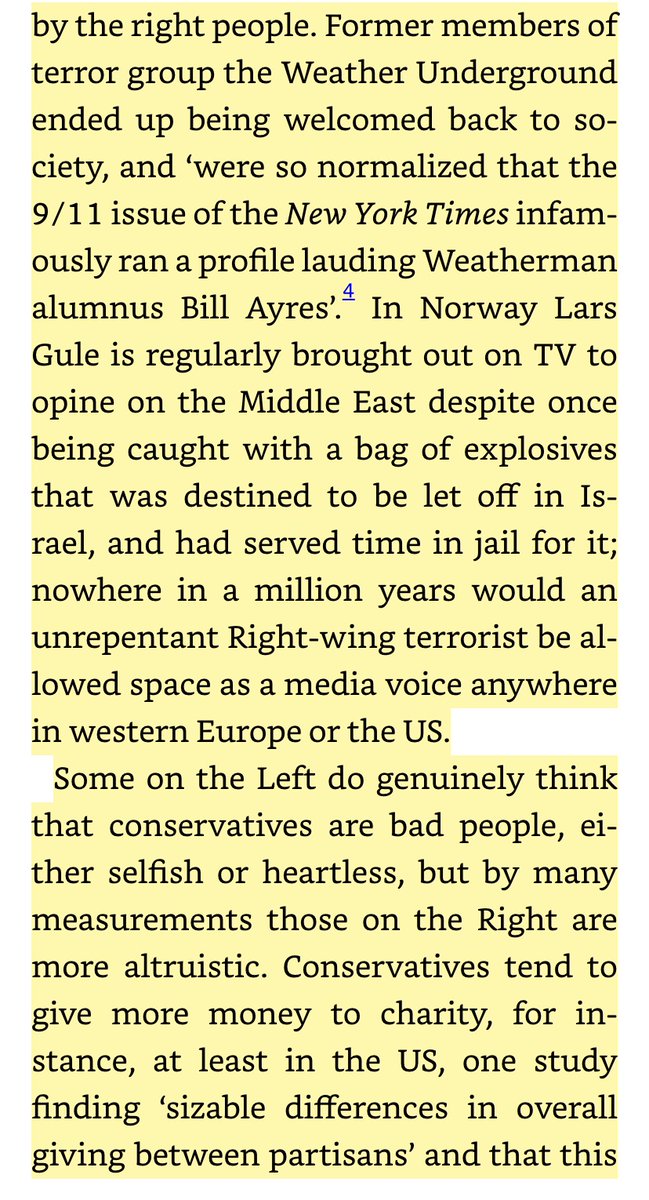
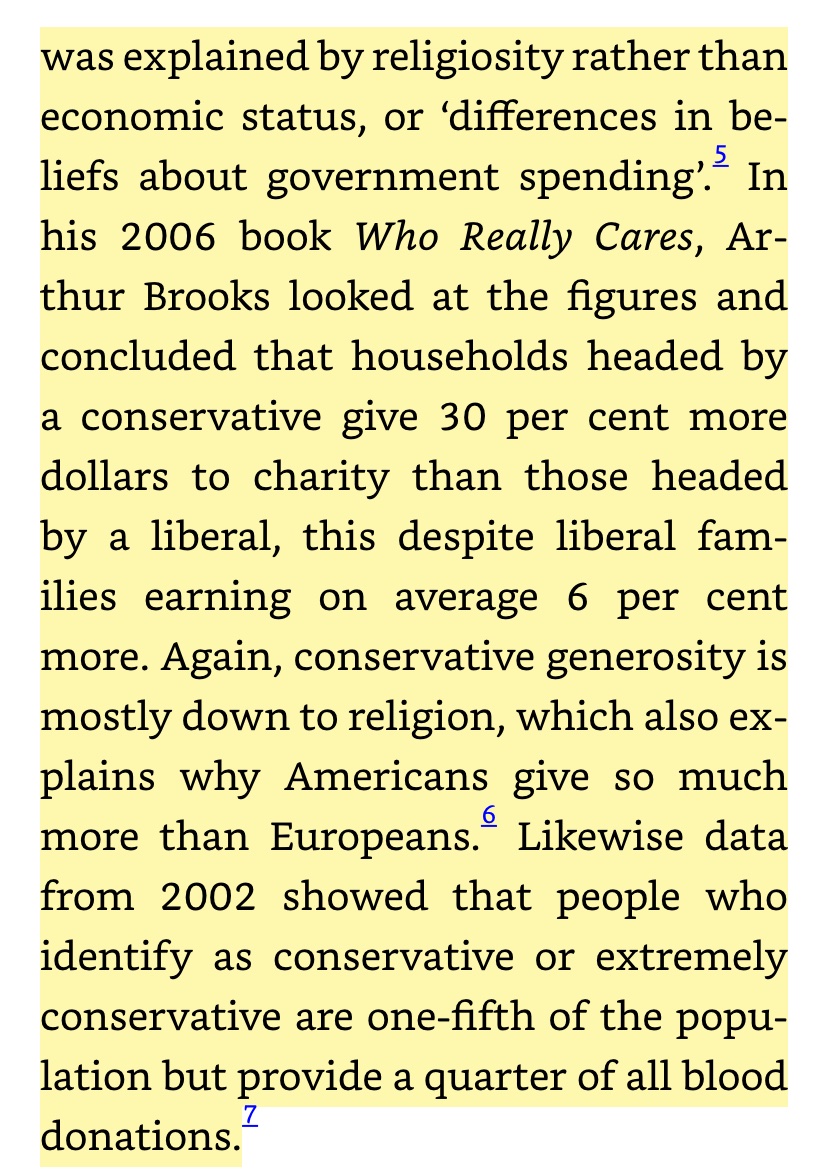
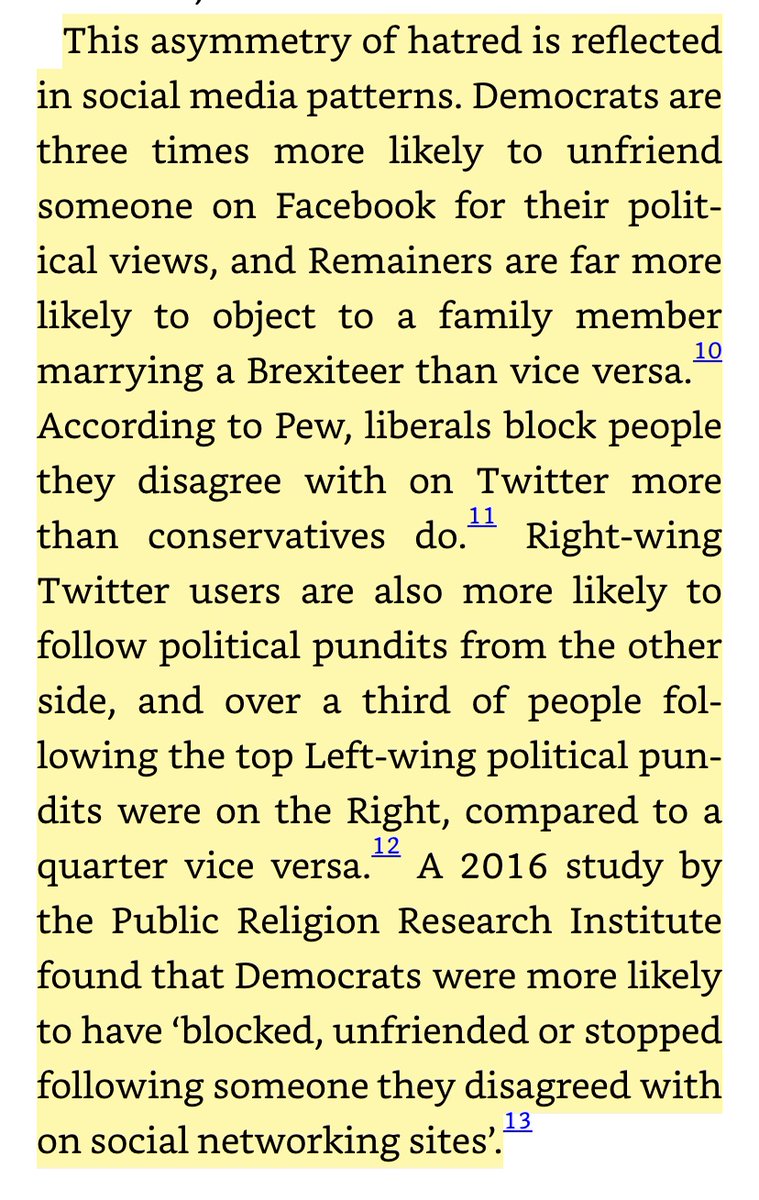
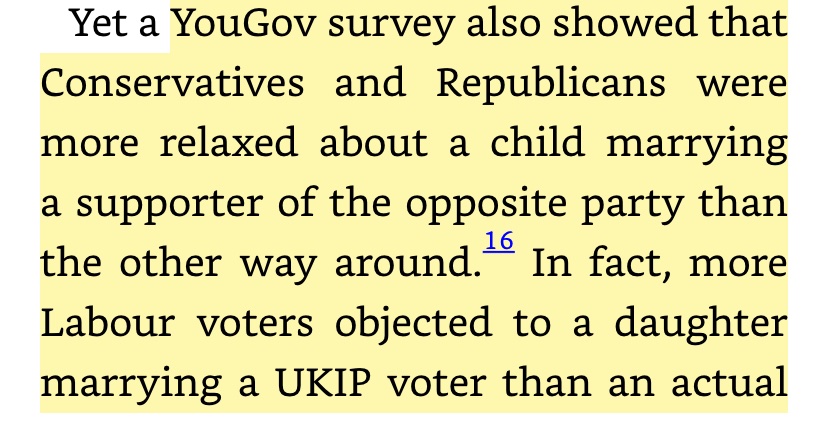
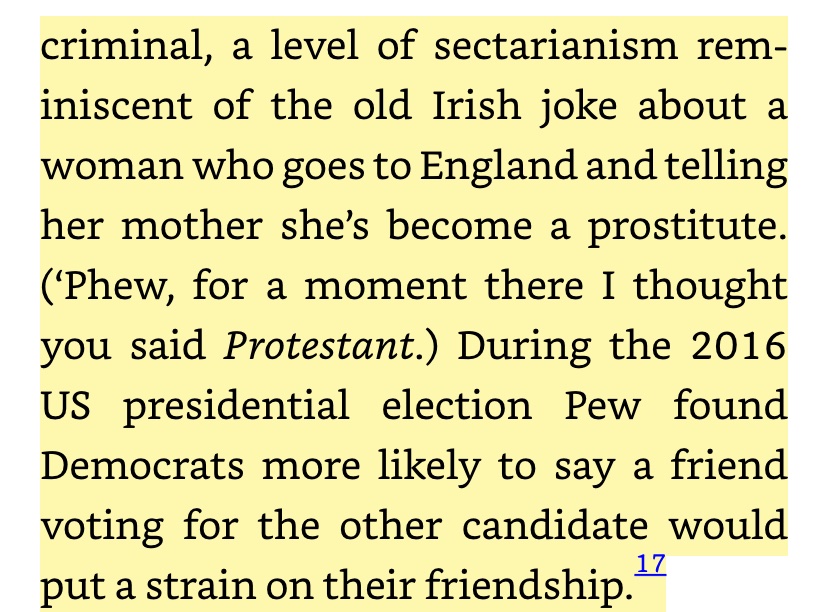
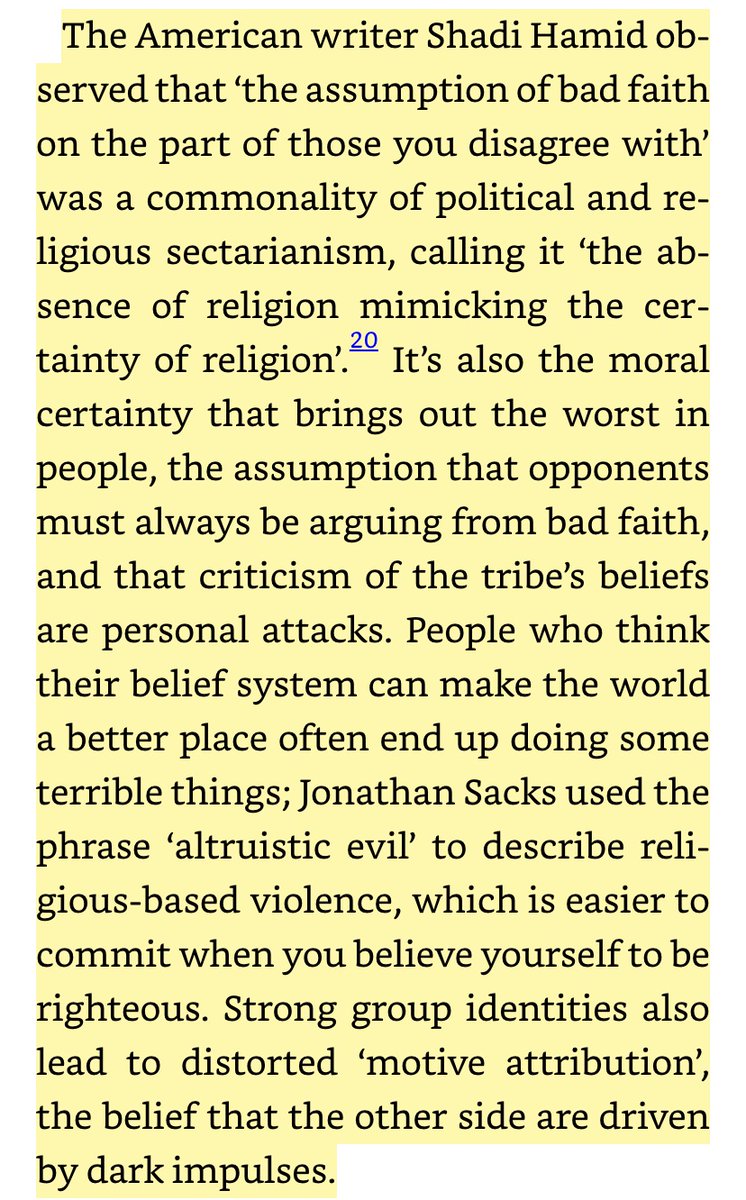
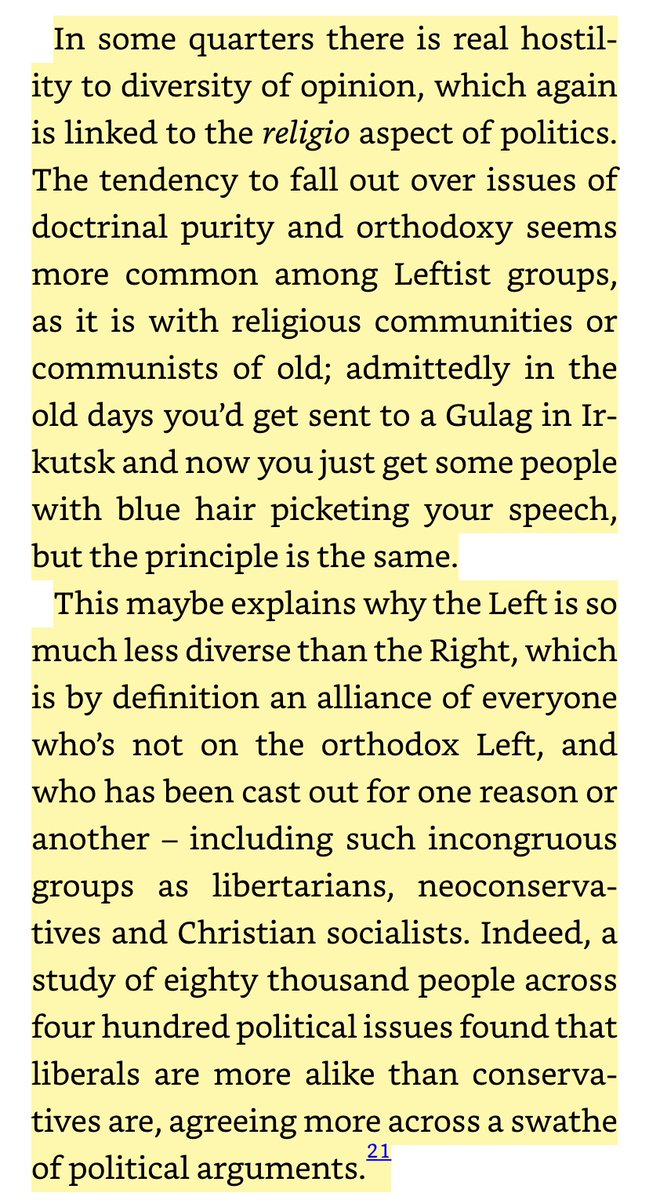
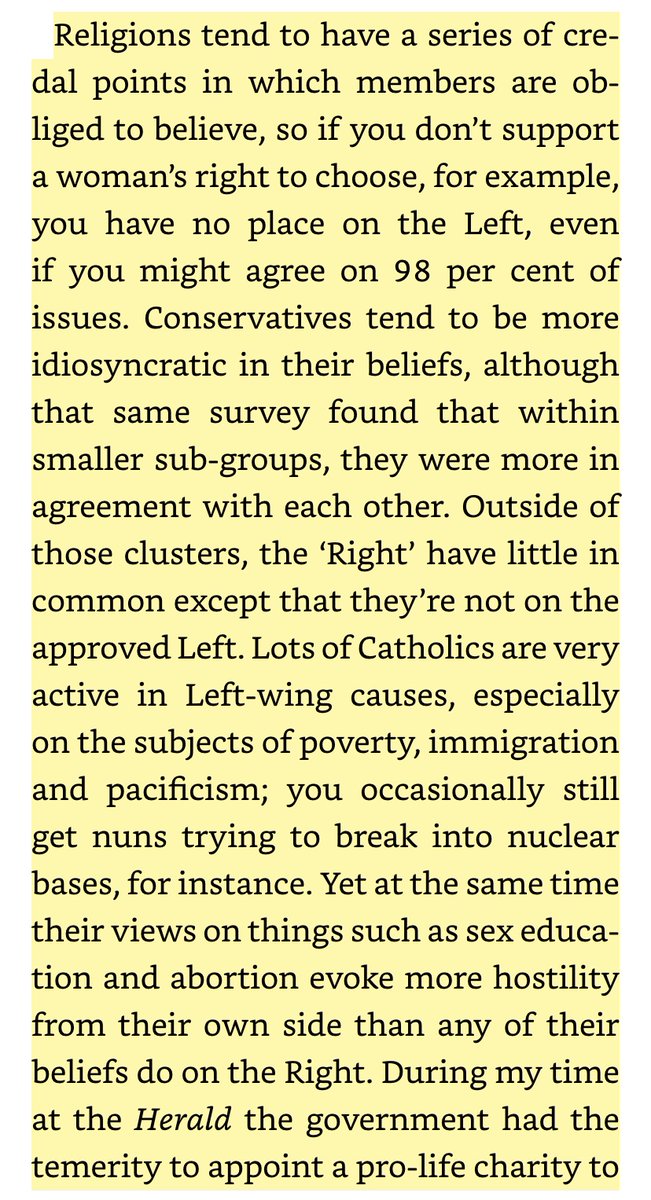
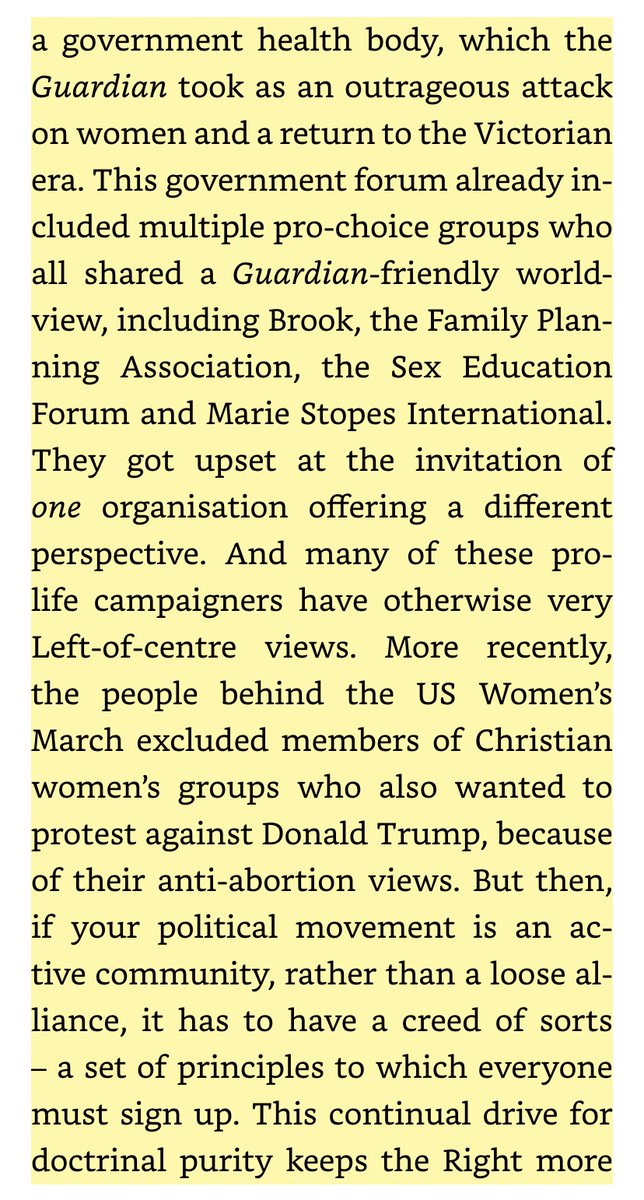
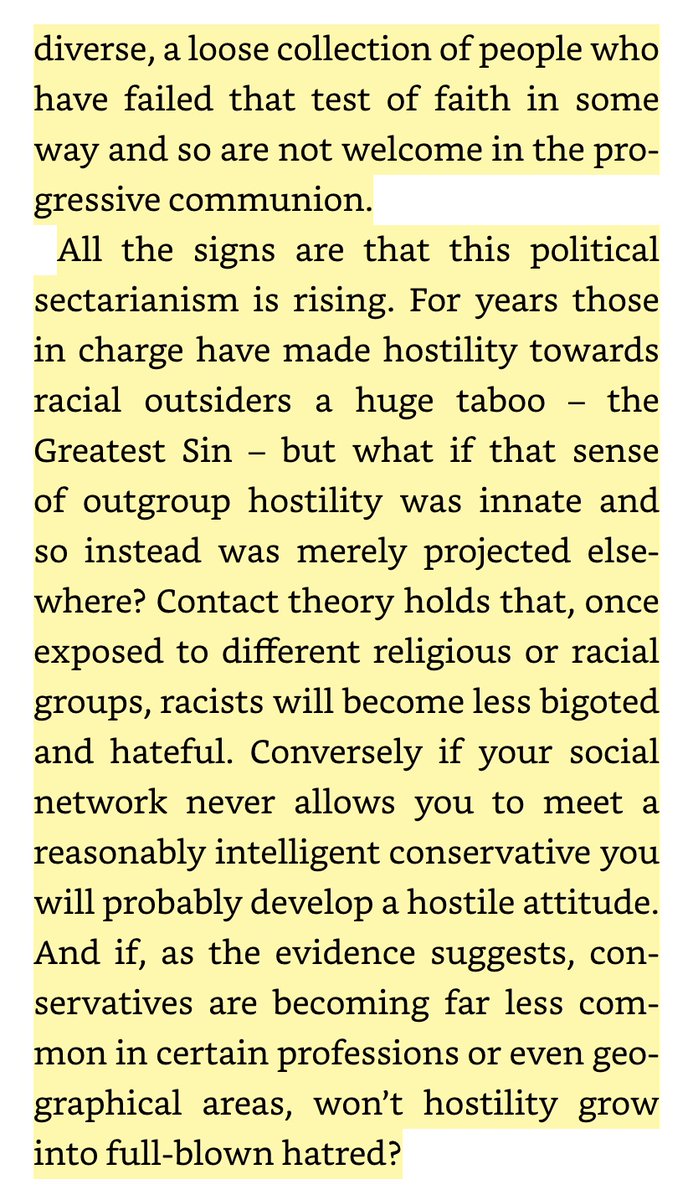
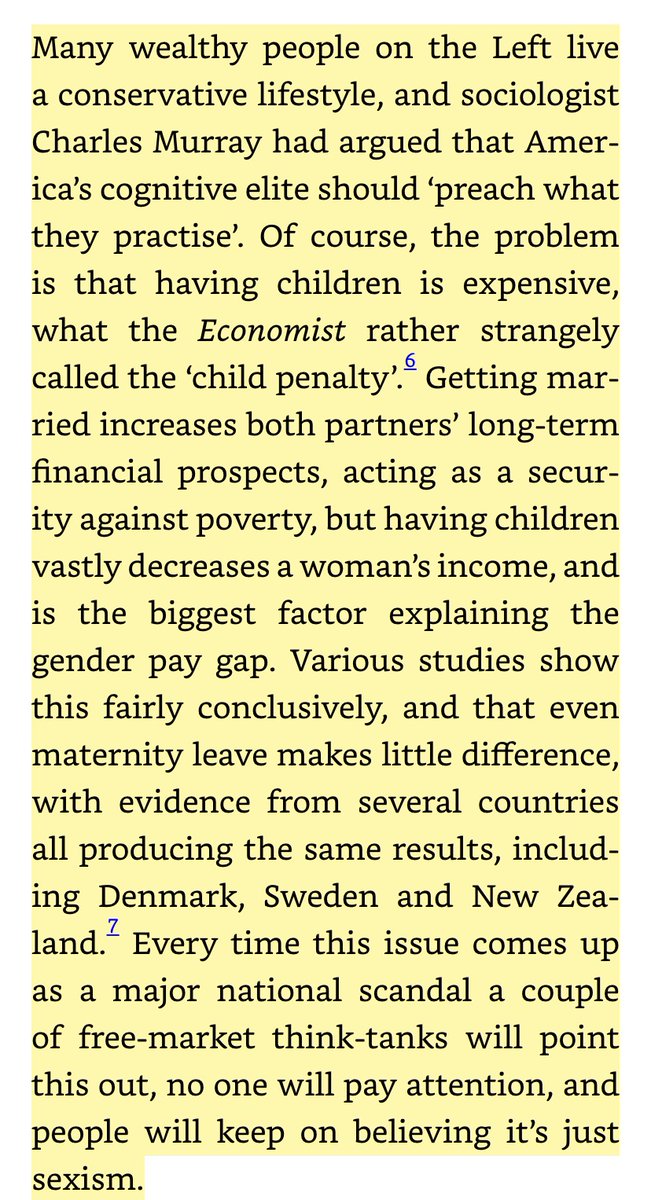
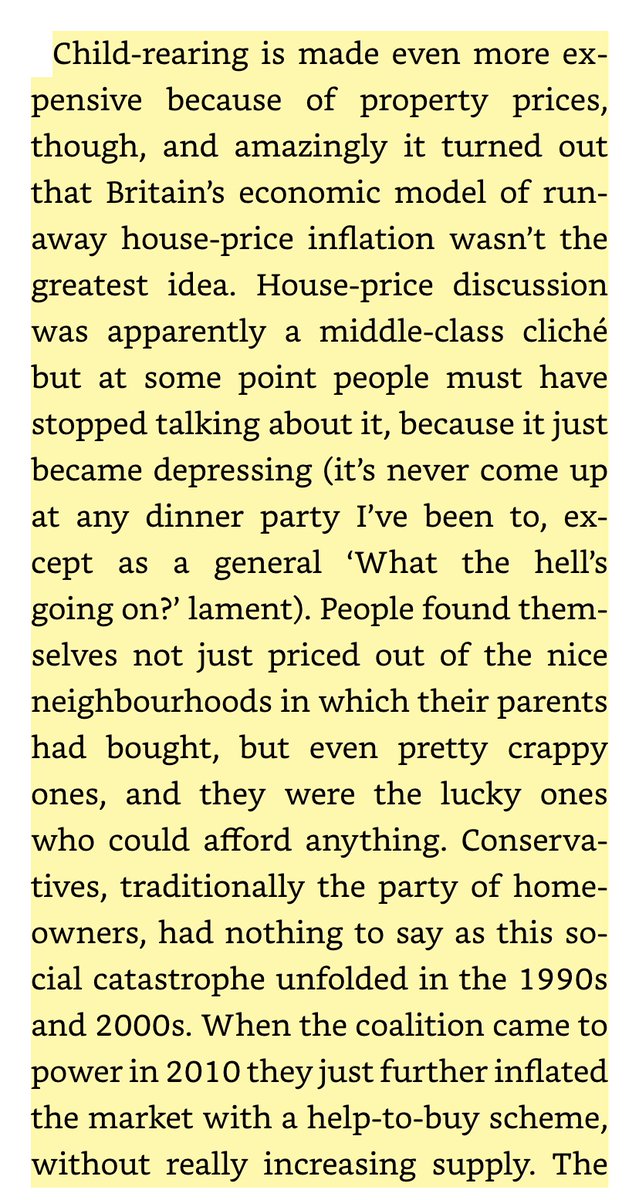
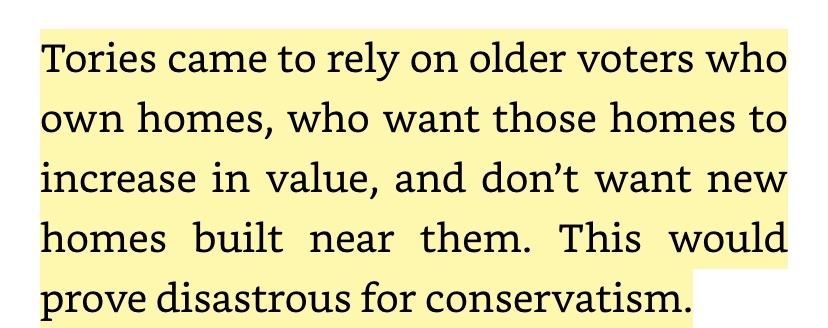
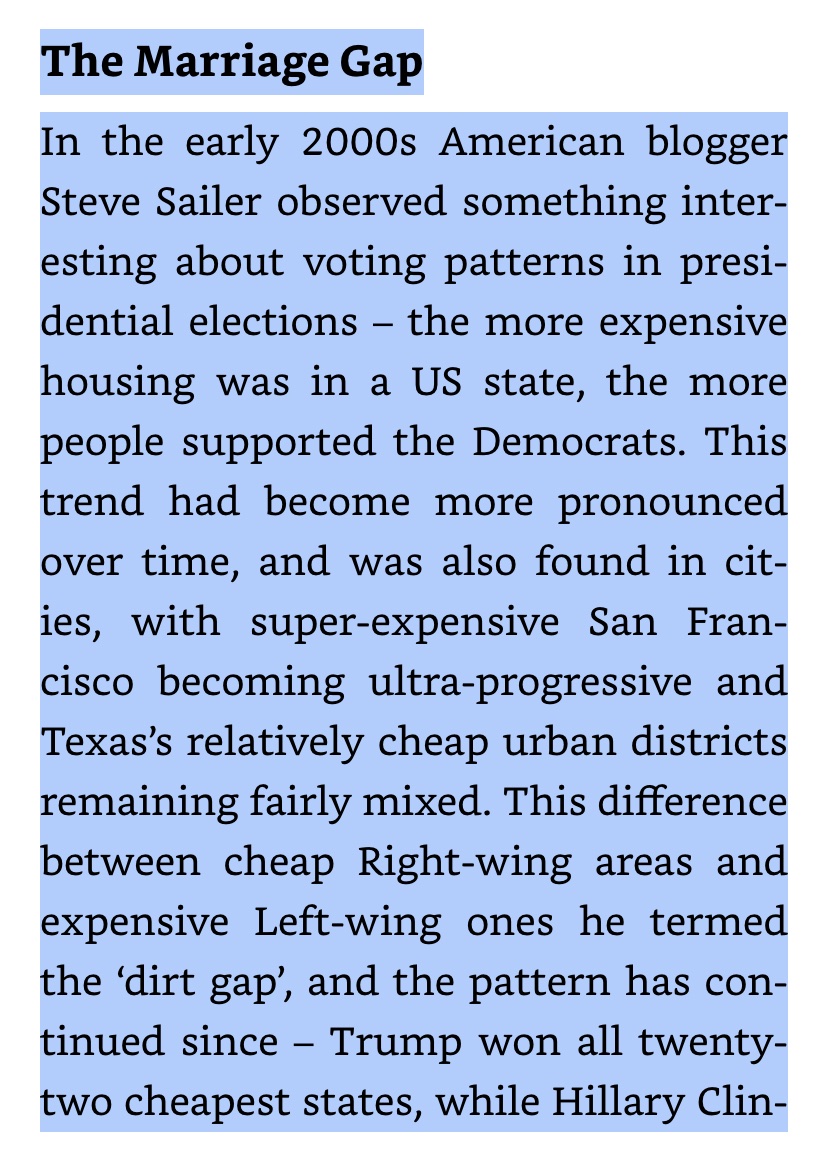
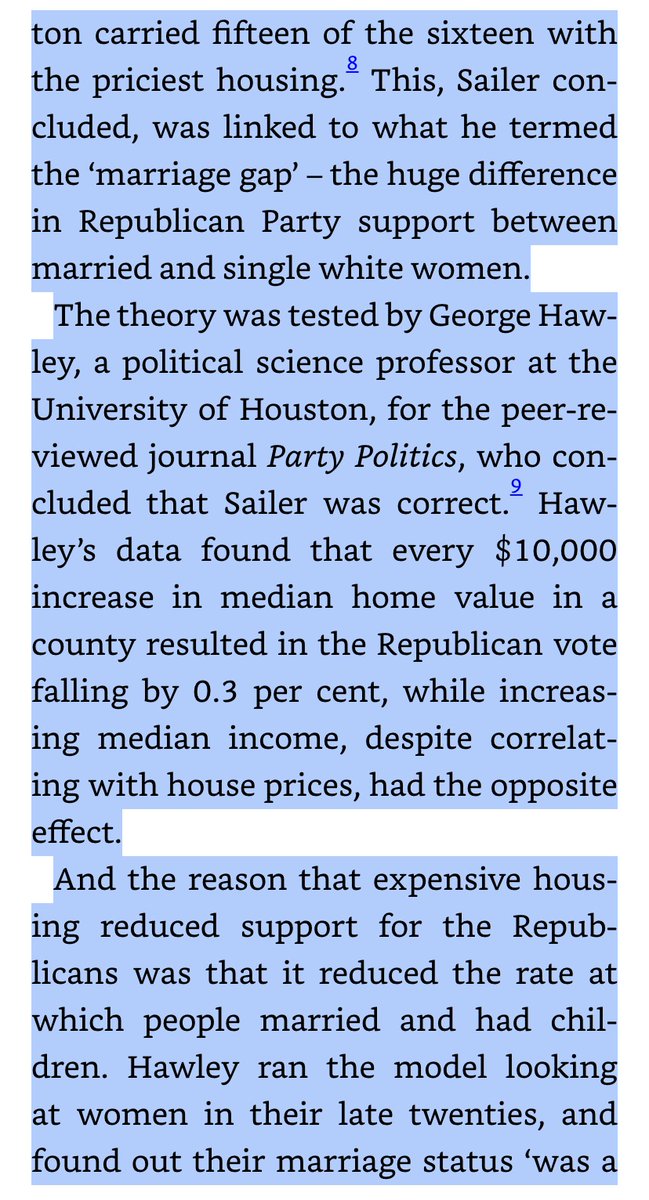
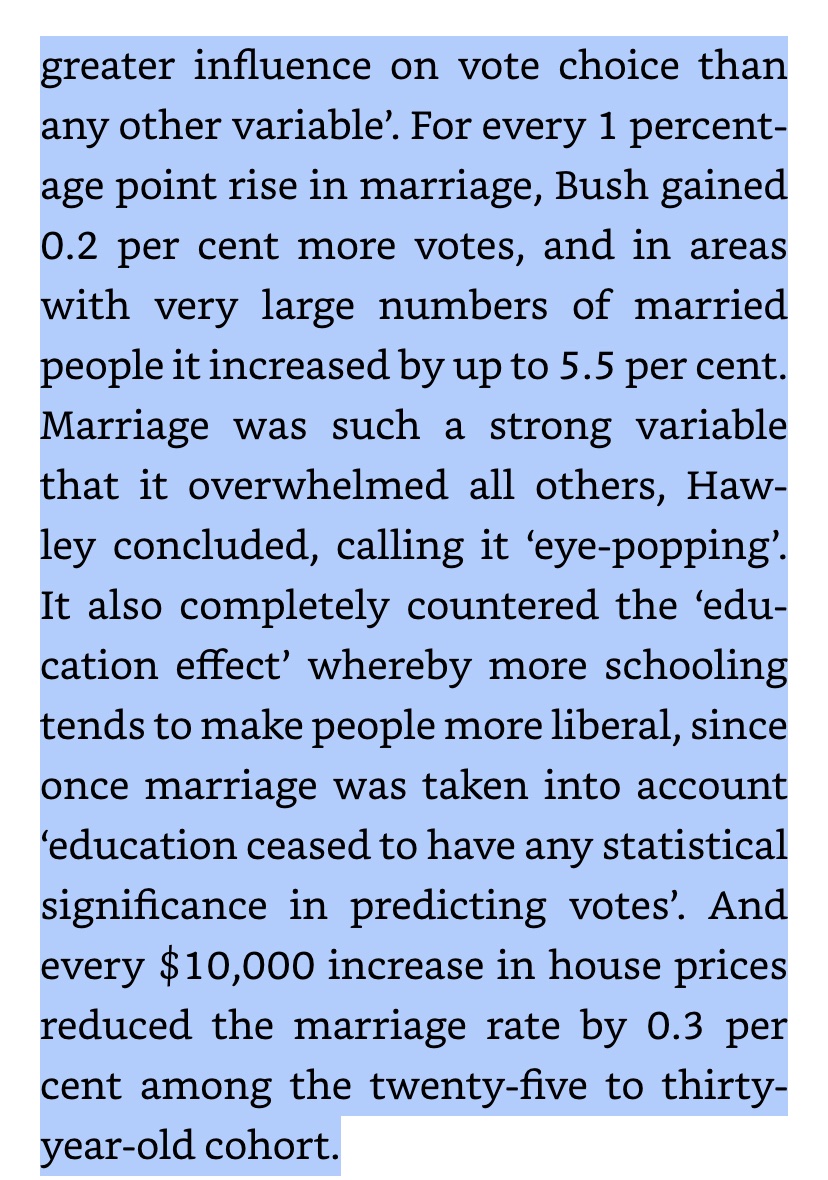
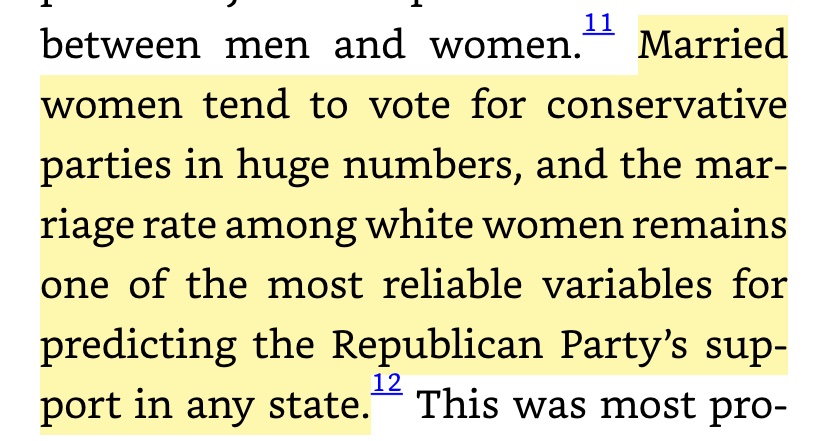
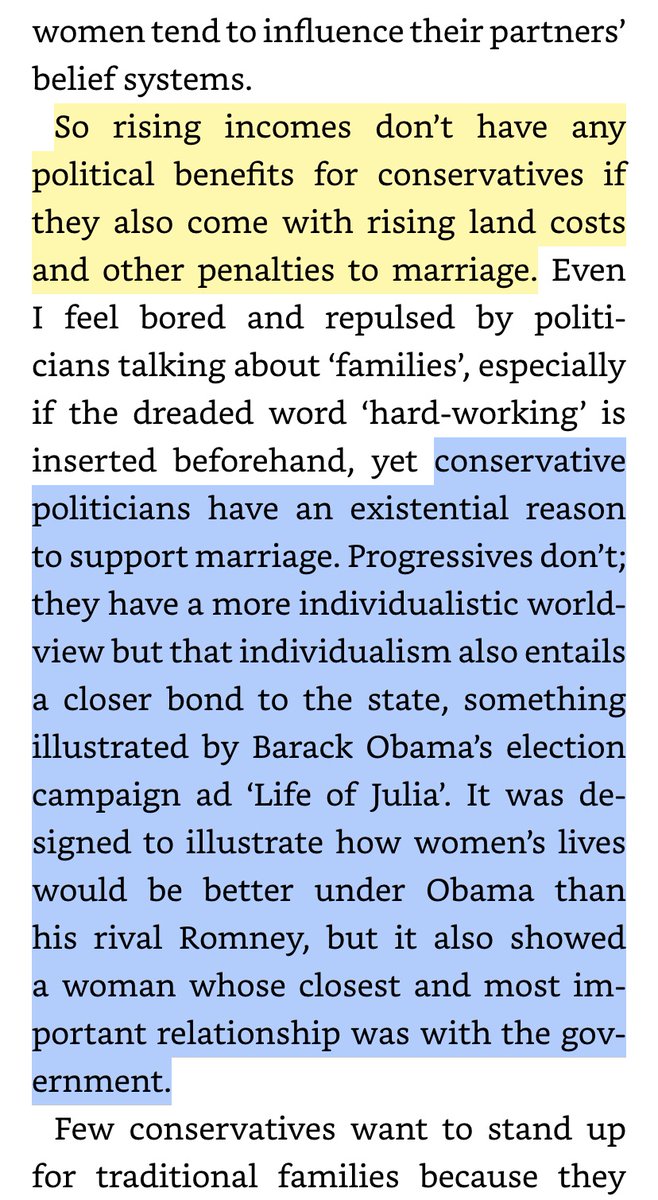
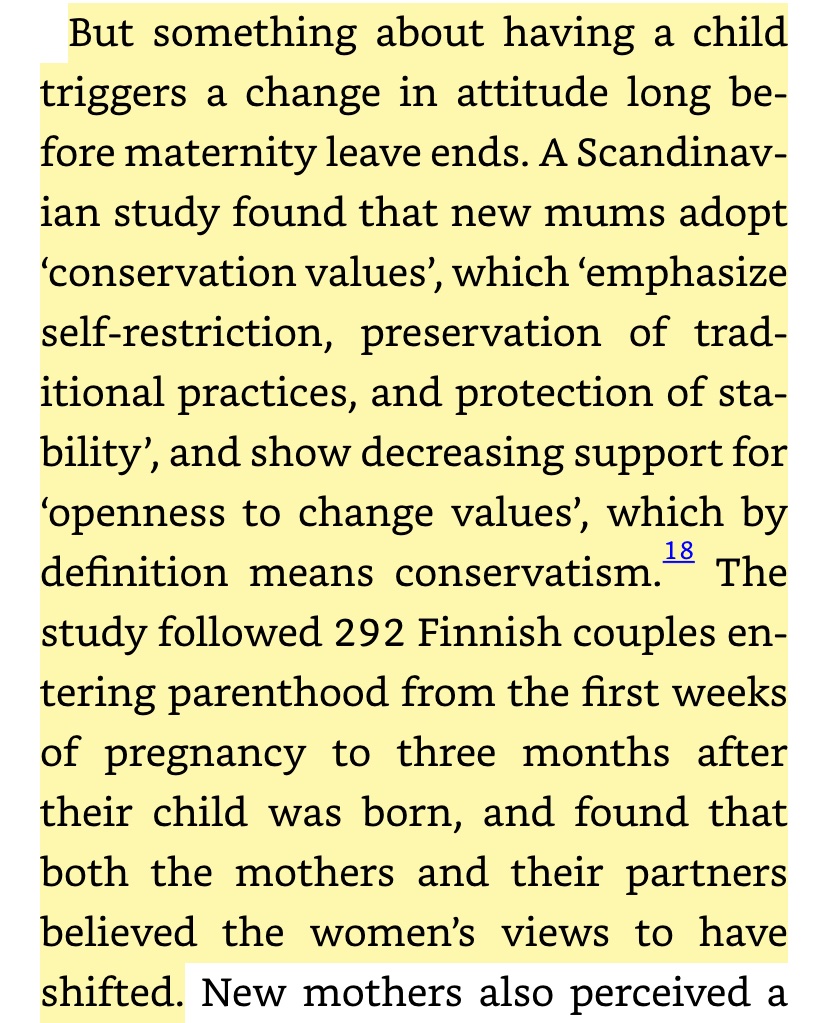
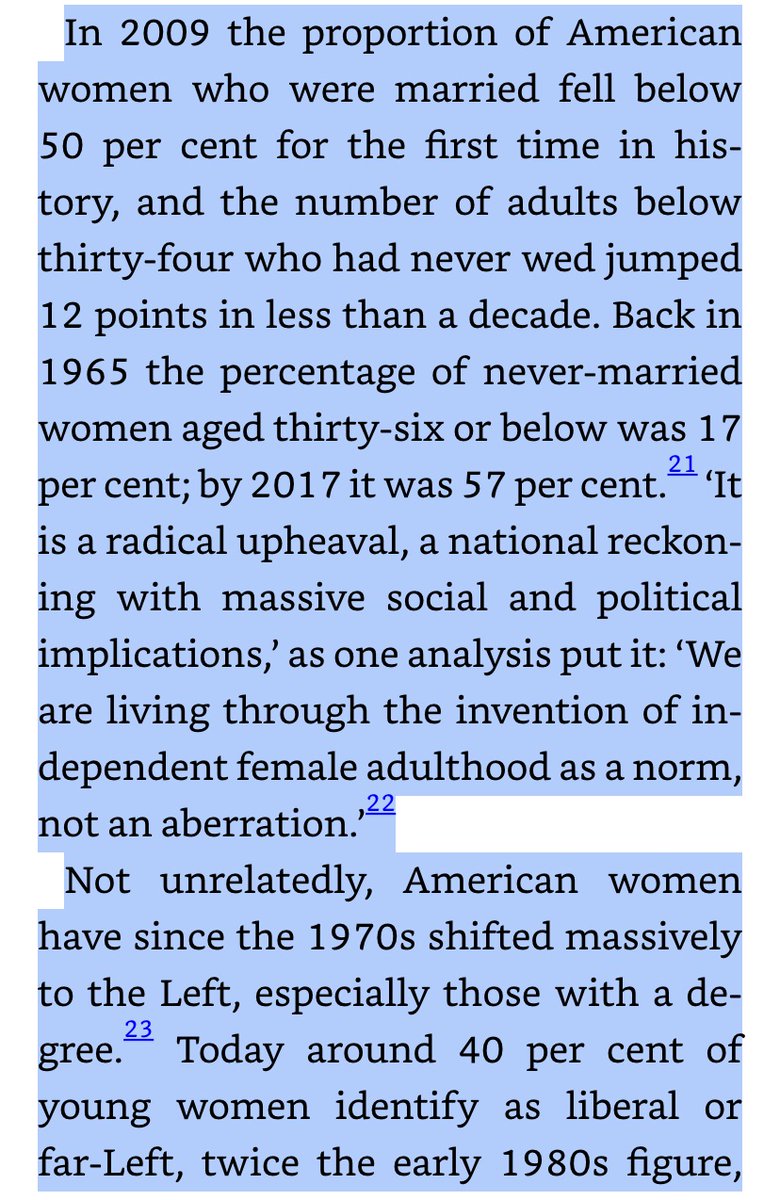
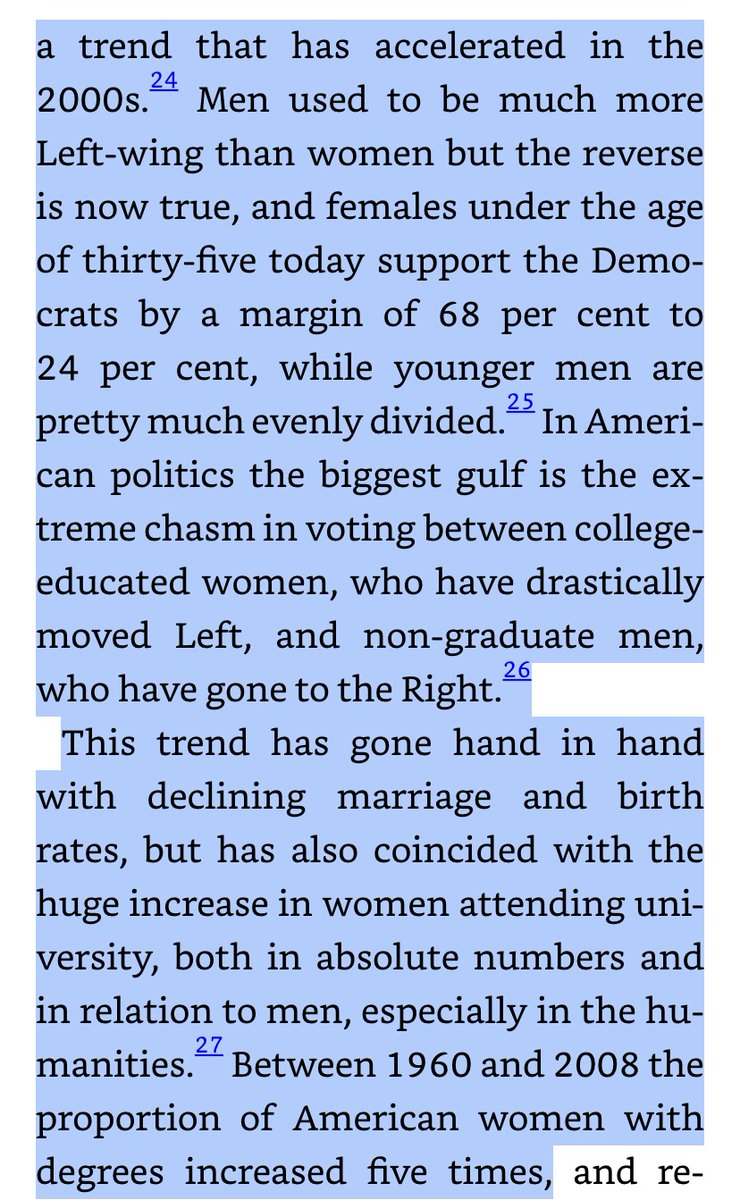
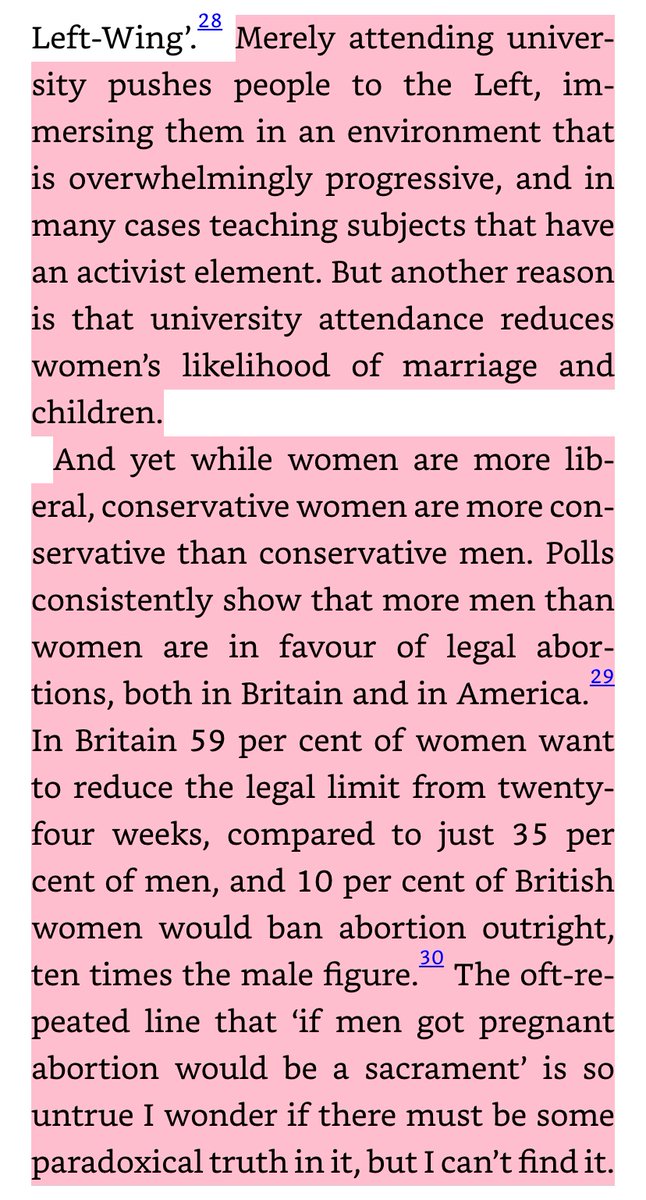
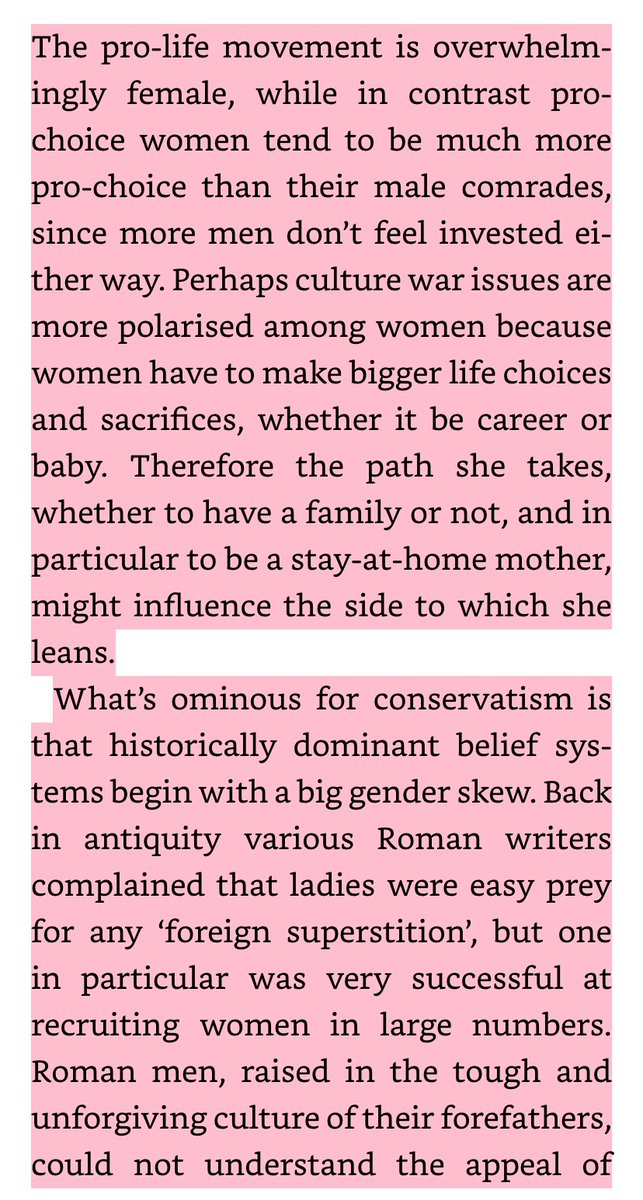
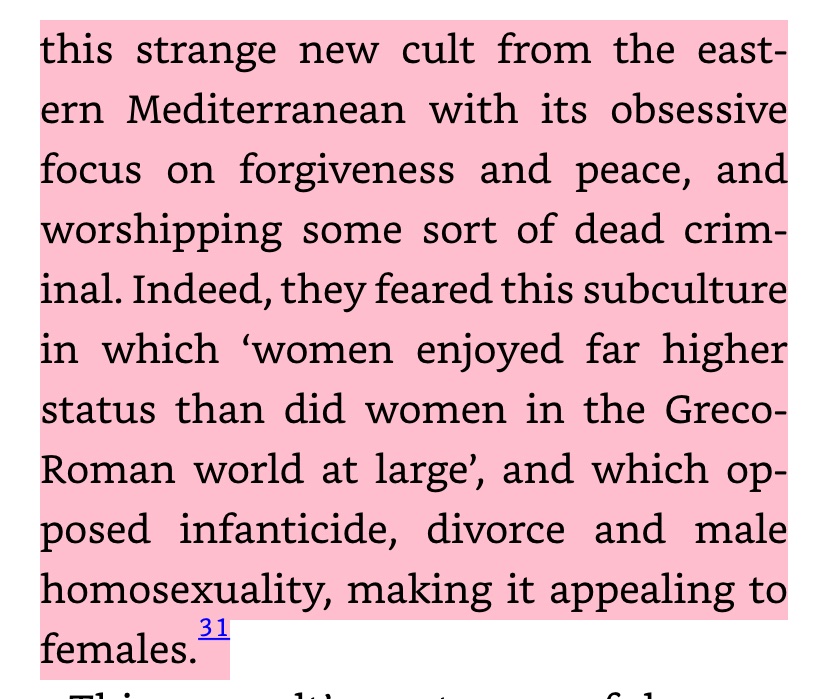
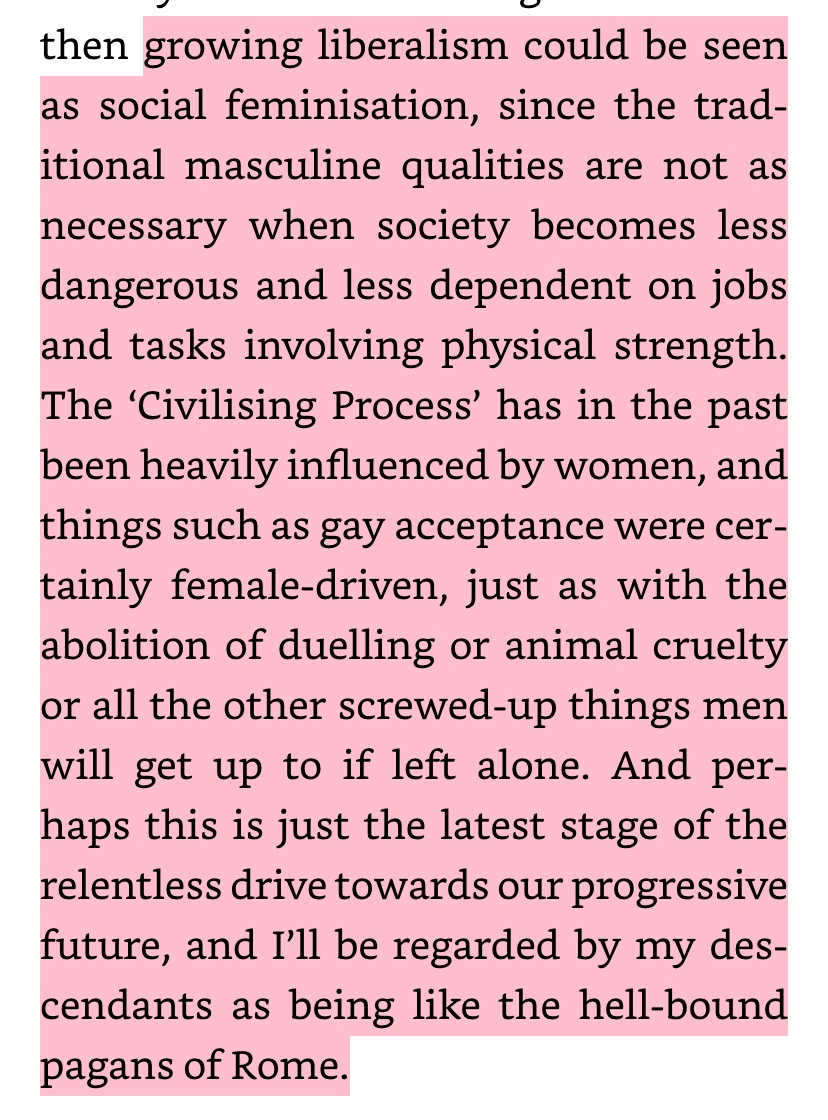

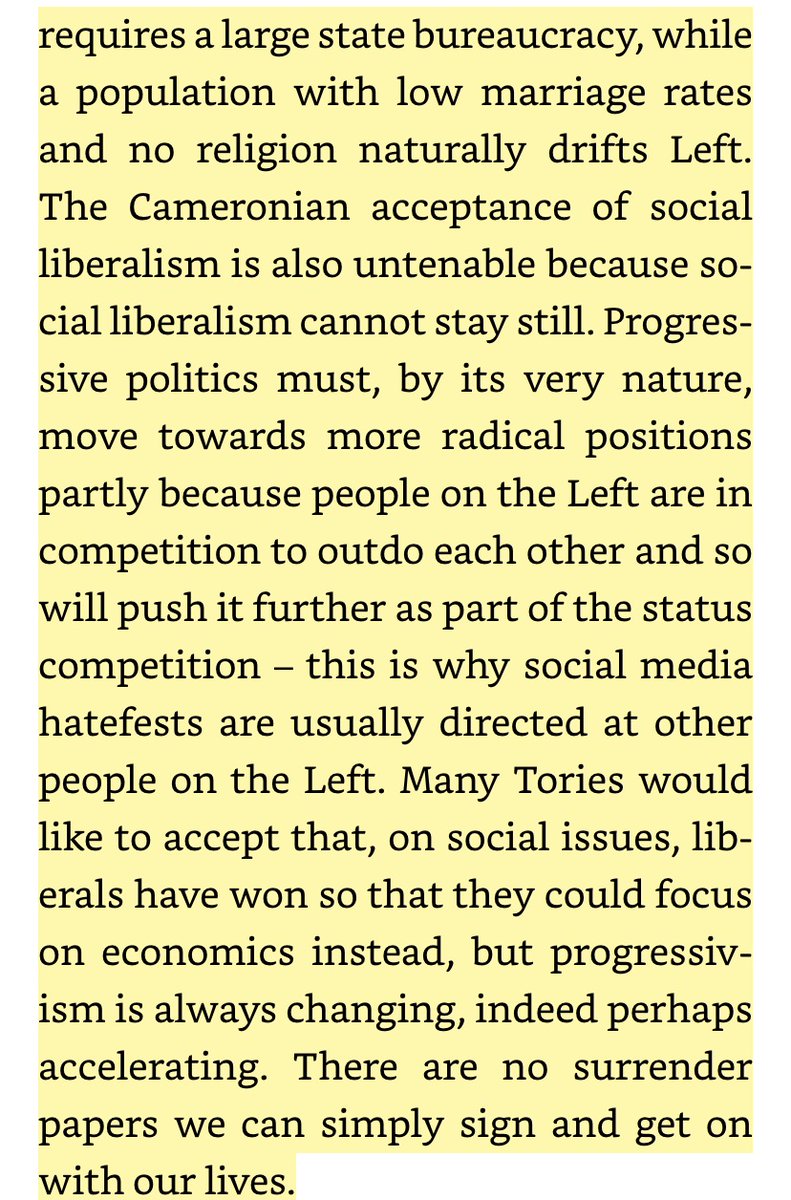
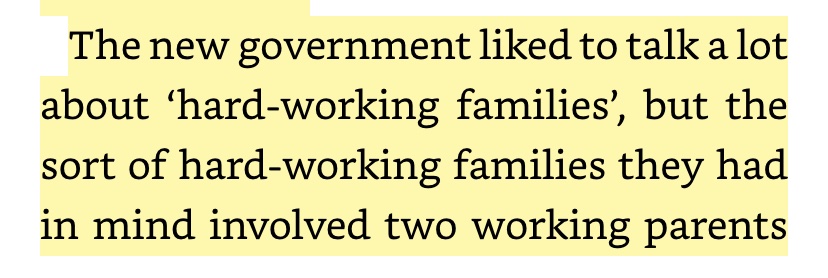
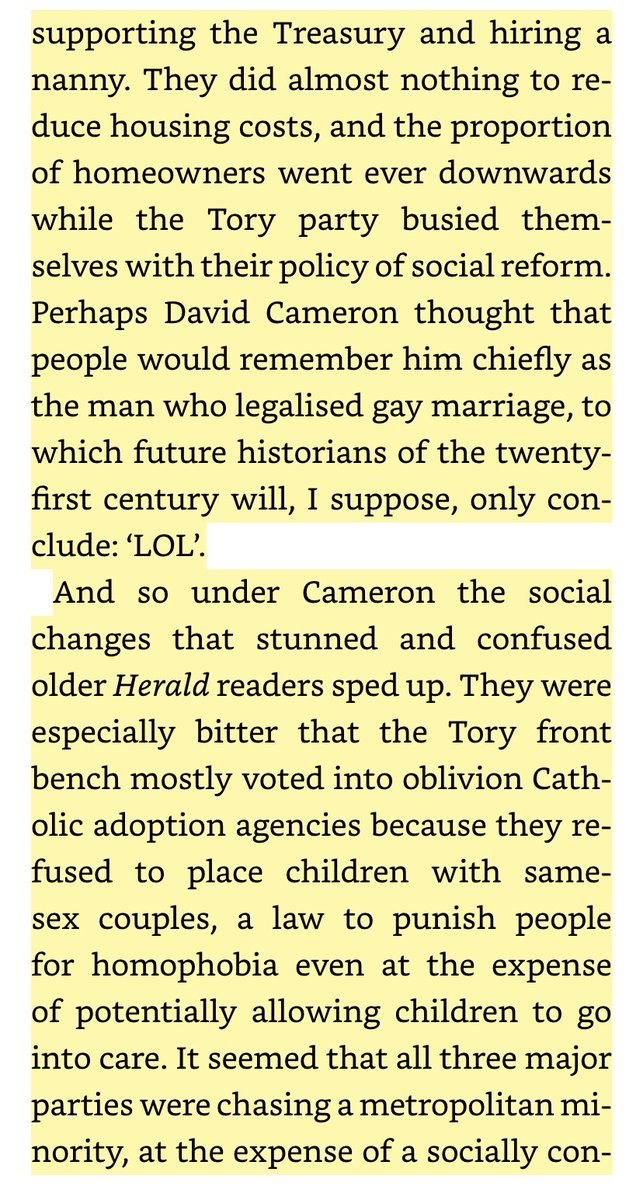
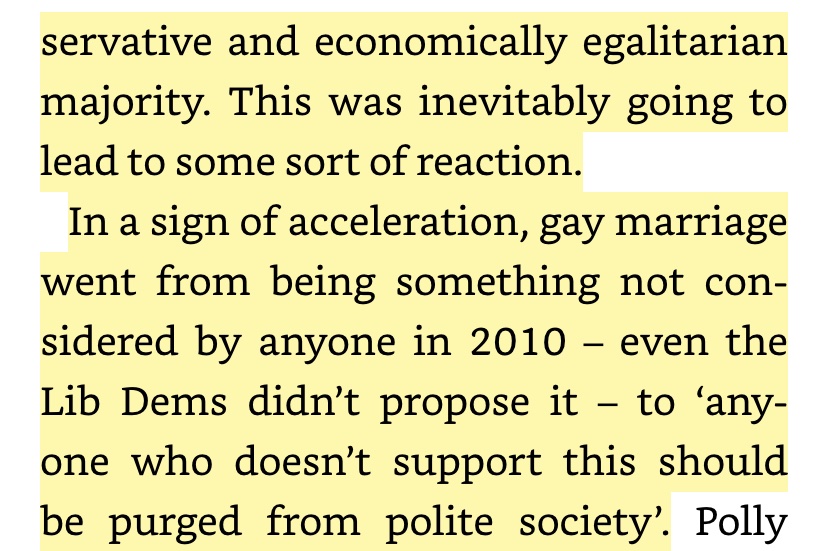
 " title="https://abs.twimg.com/emoji/v2/... draggable="false" alt="😂" title="Face with tears of joy" aria-label="Emoji: Face with tears of joy">" class="img-responsive" style="max-width:100%;"/>
" title="https://abs.twimg.com/emoji/v2/... draggable="false" alt="😂" title="Face with tears of joy" aria-label="Emoji: Face with tears of joy">" class="img-responsive" style="max-width:100%;"/>


